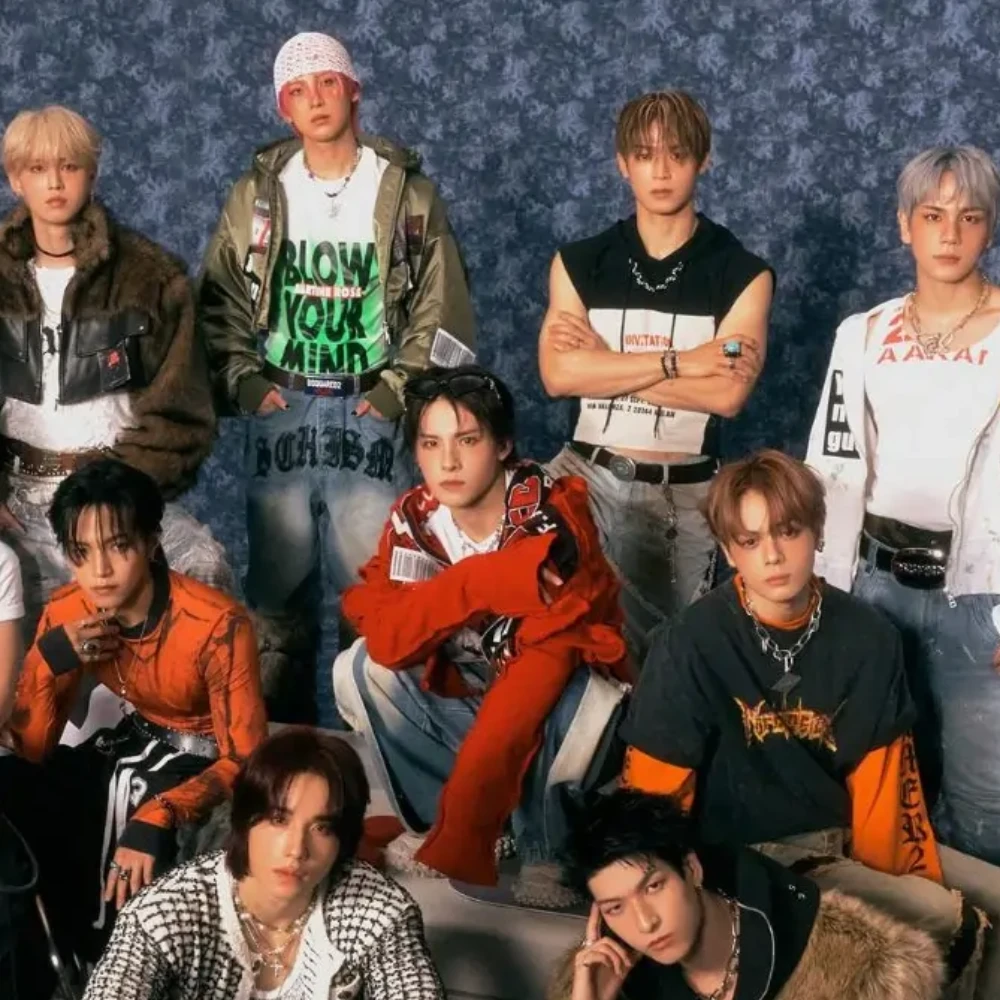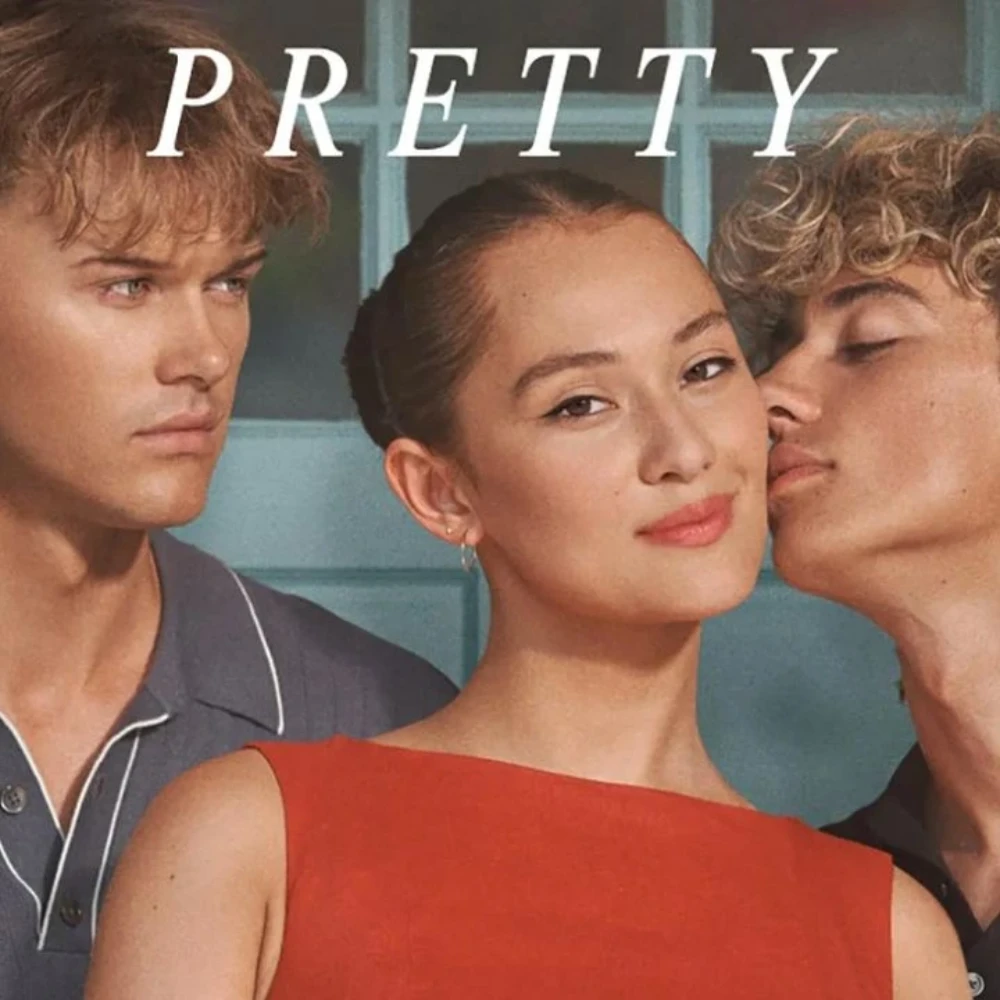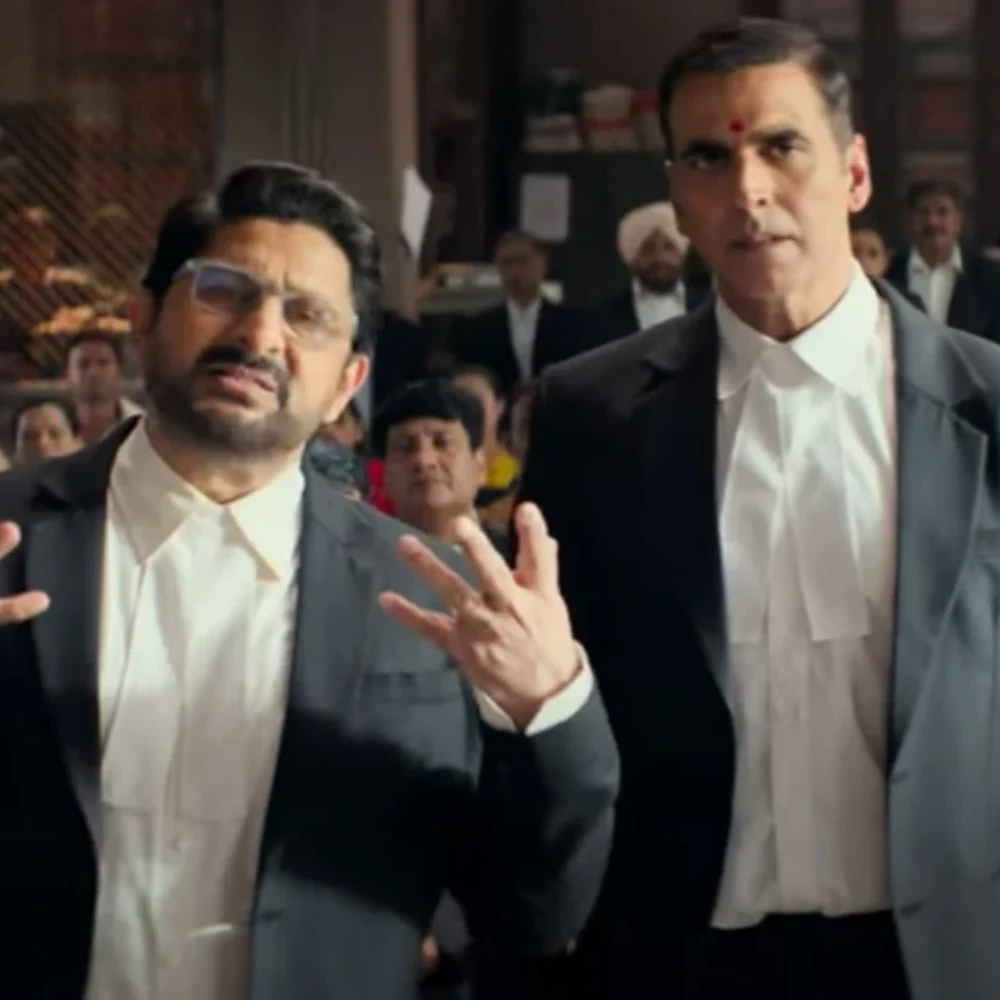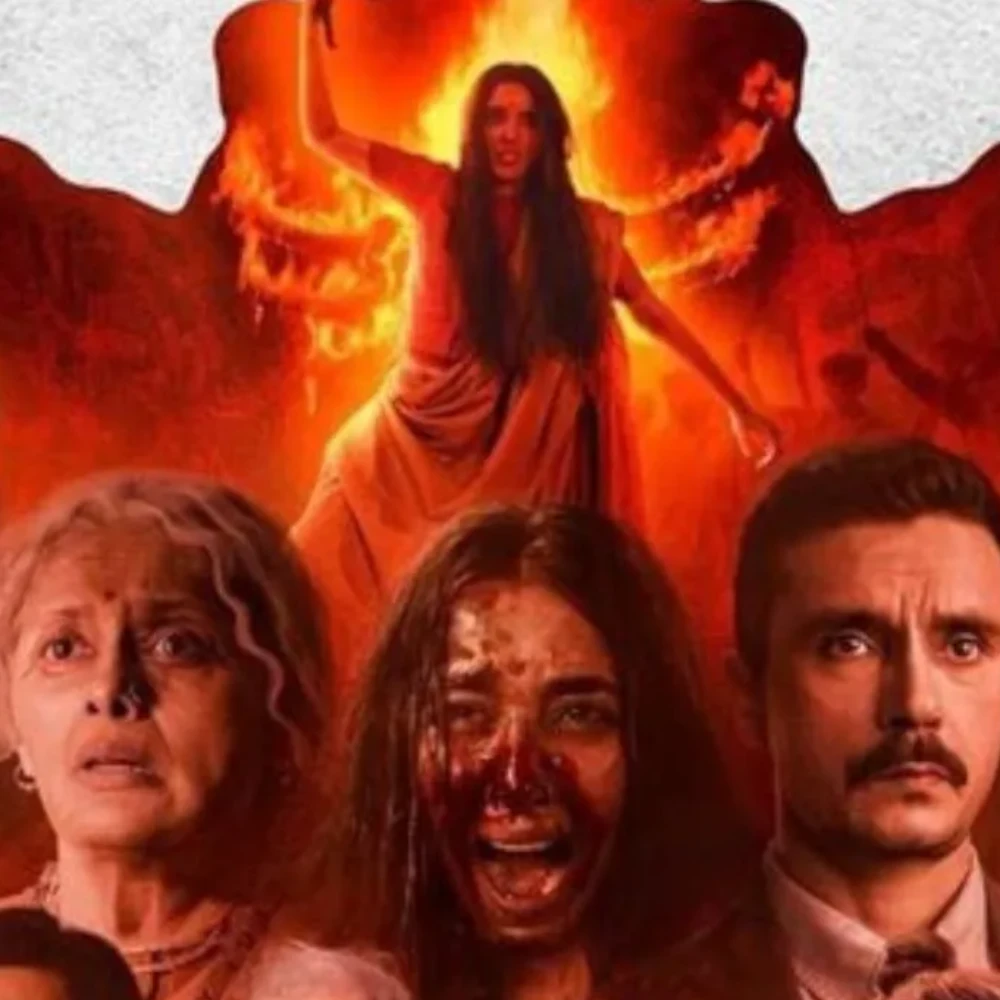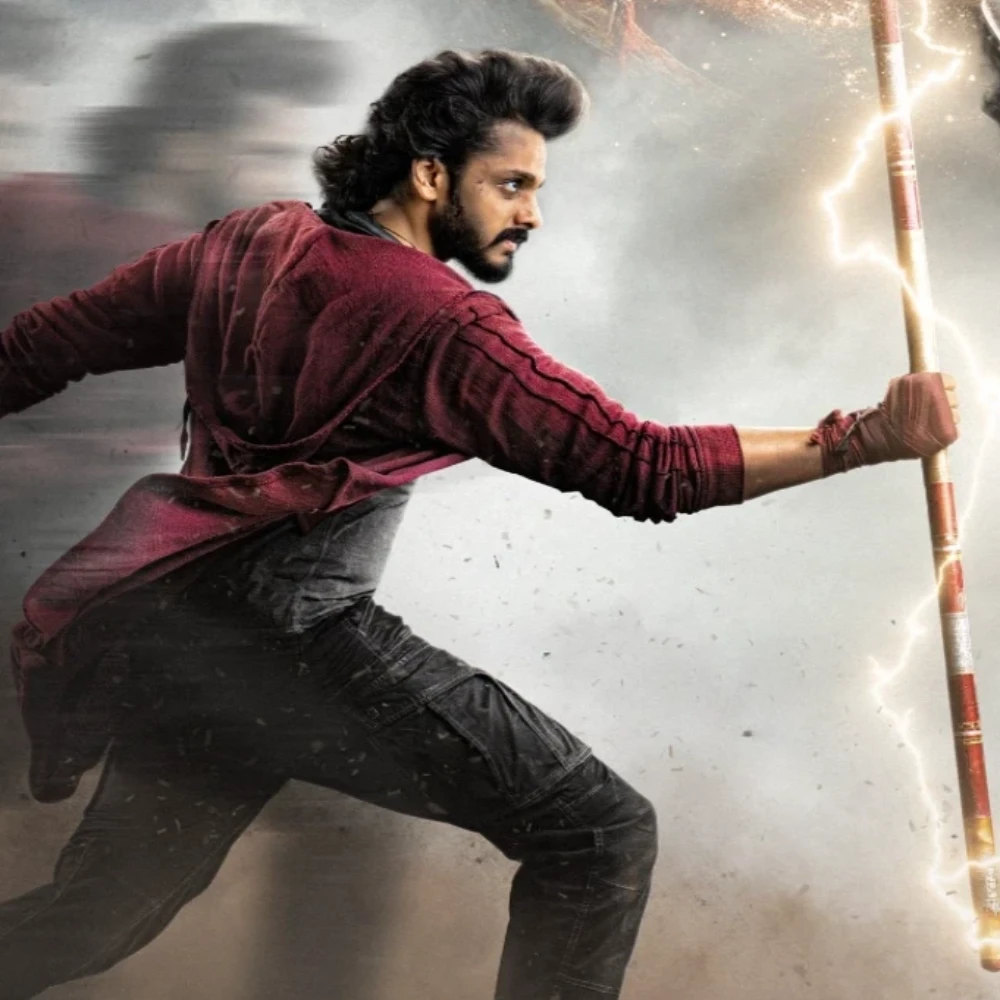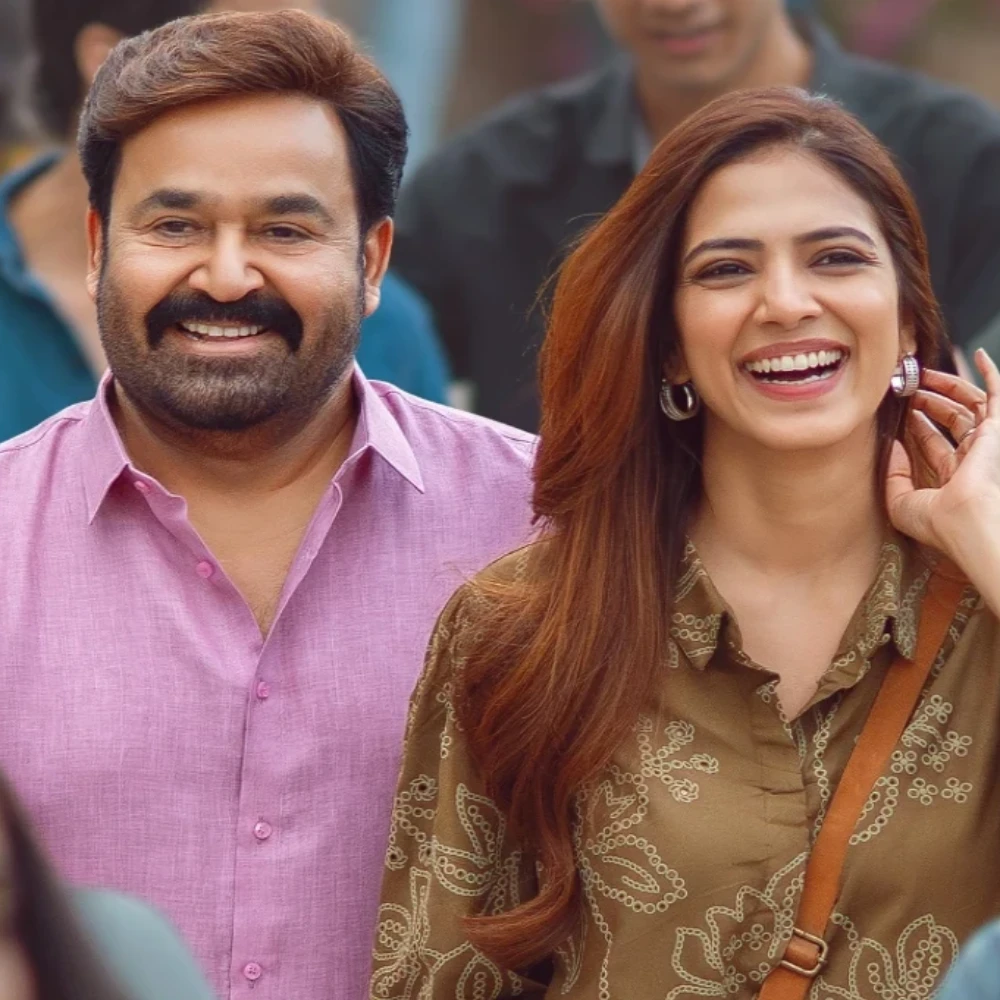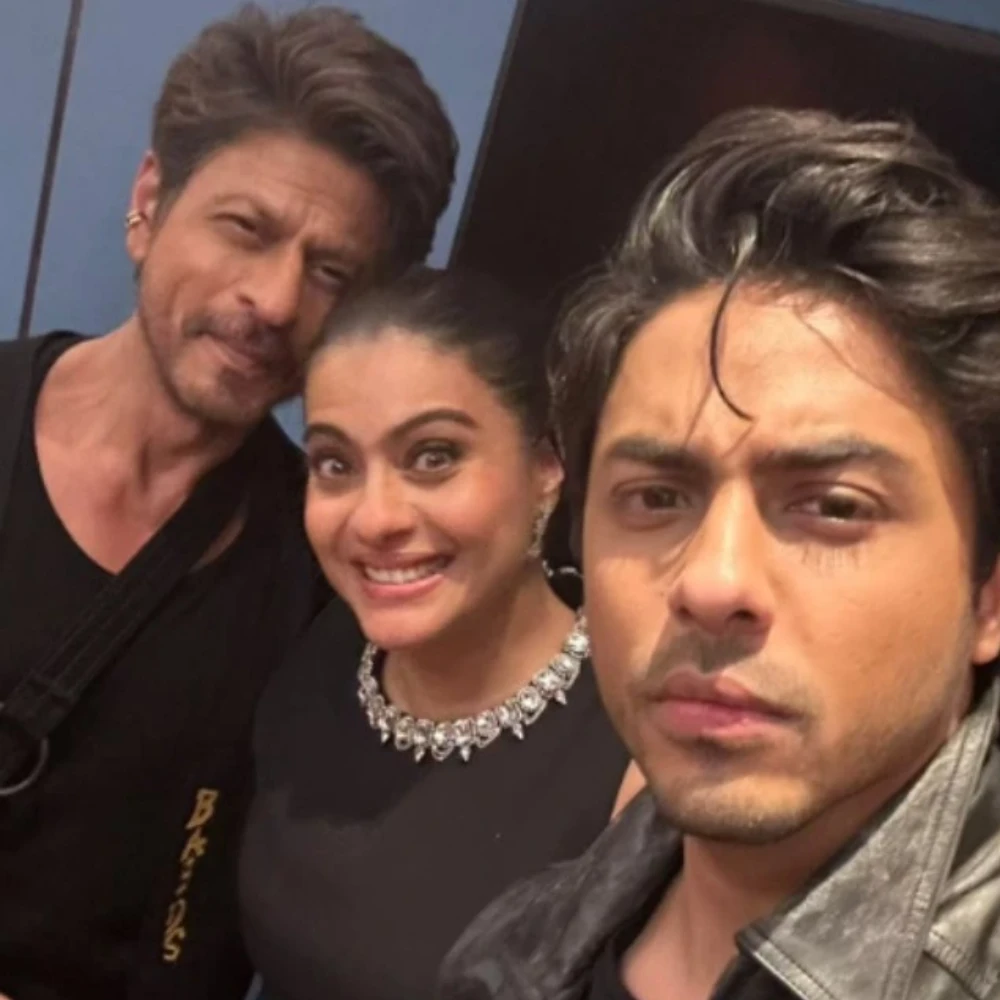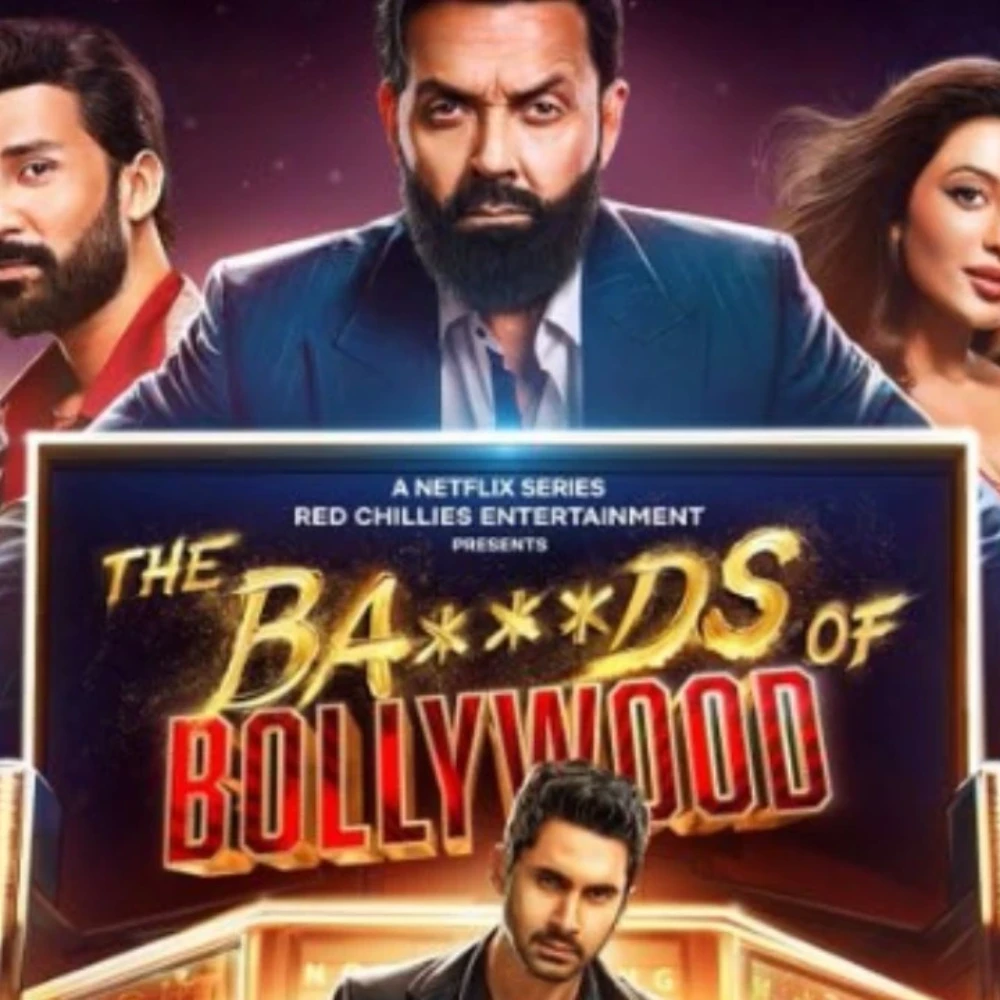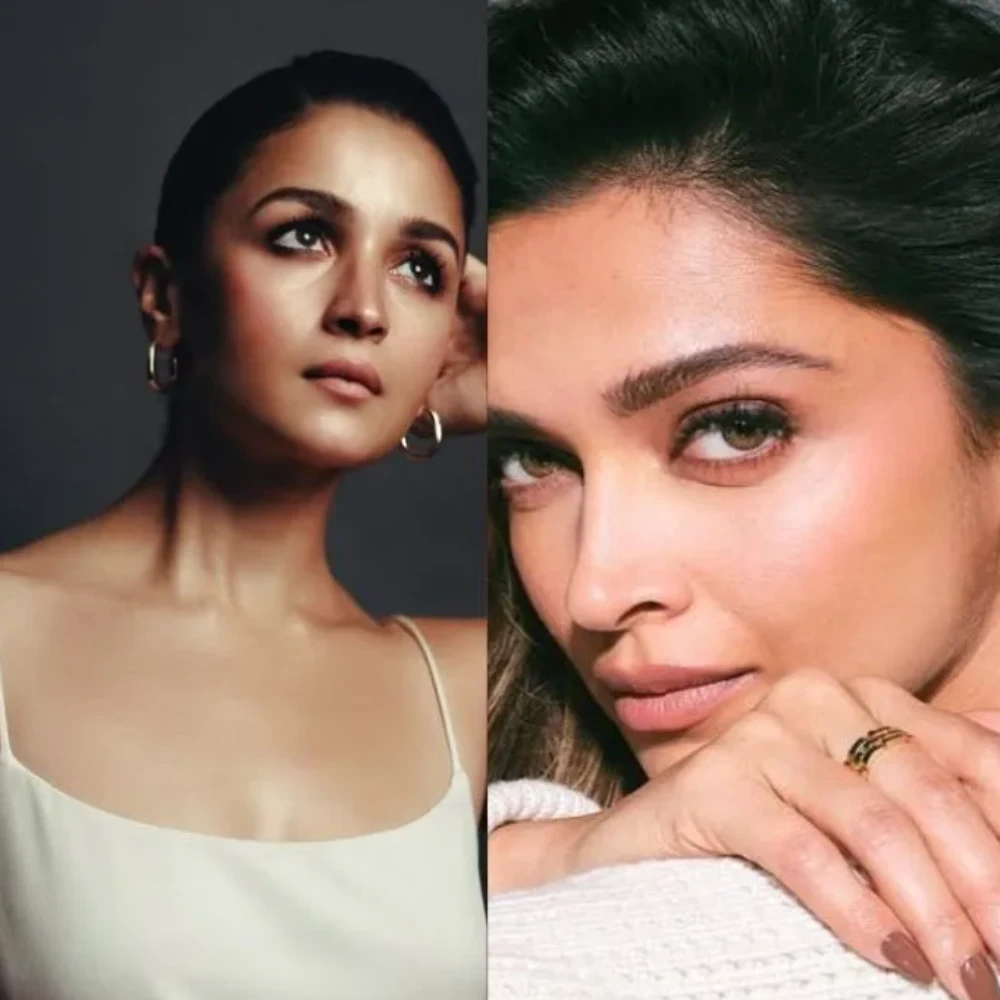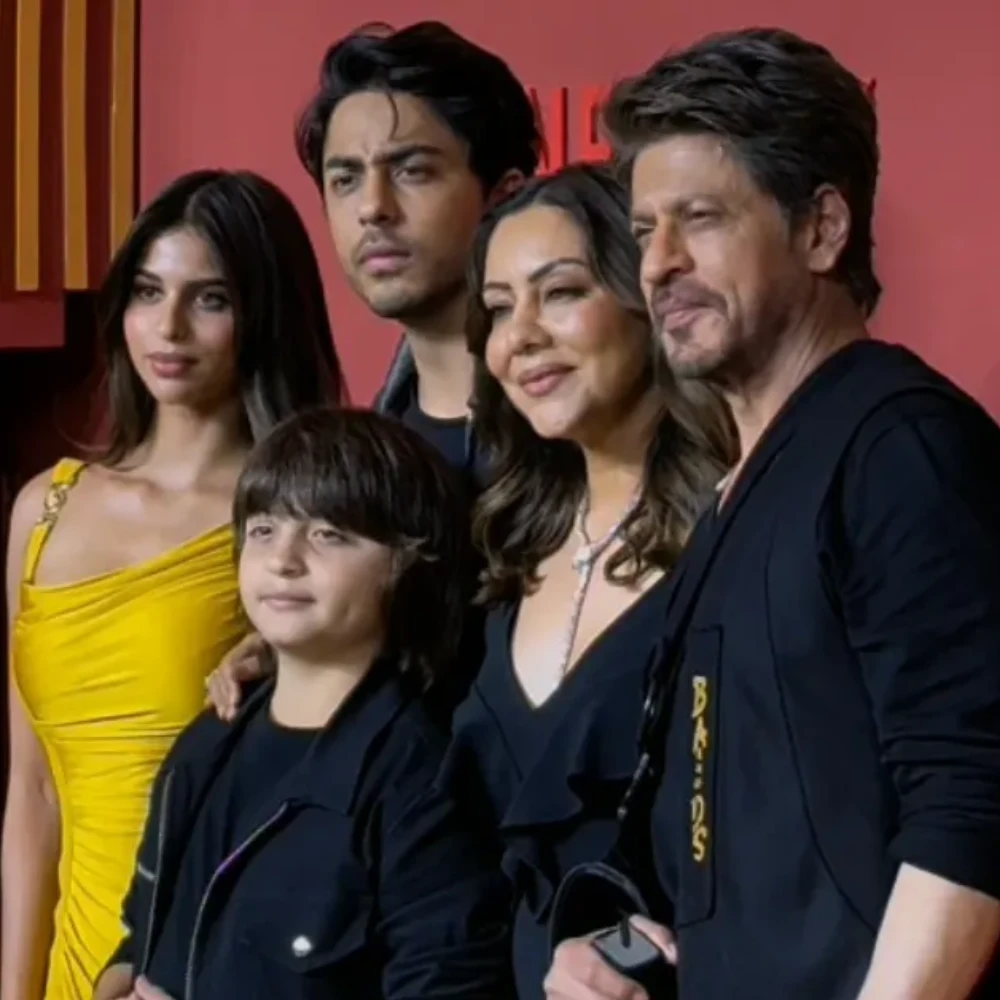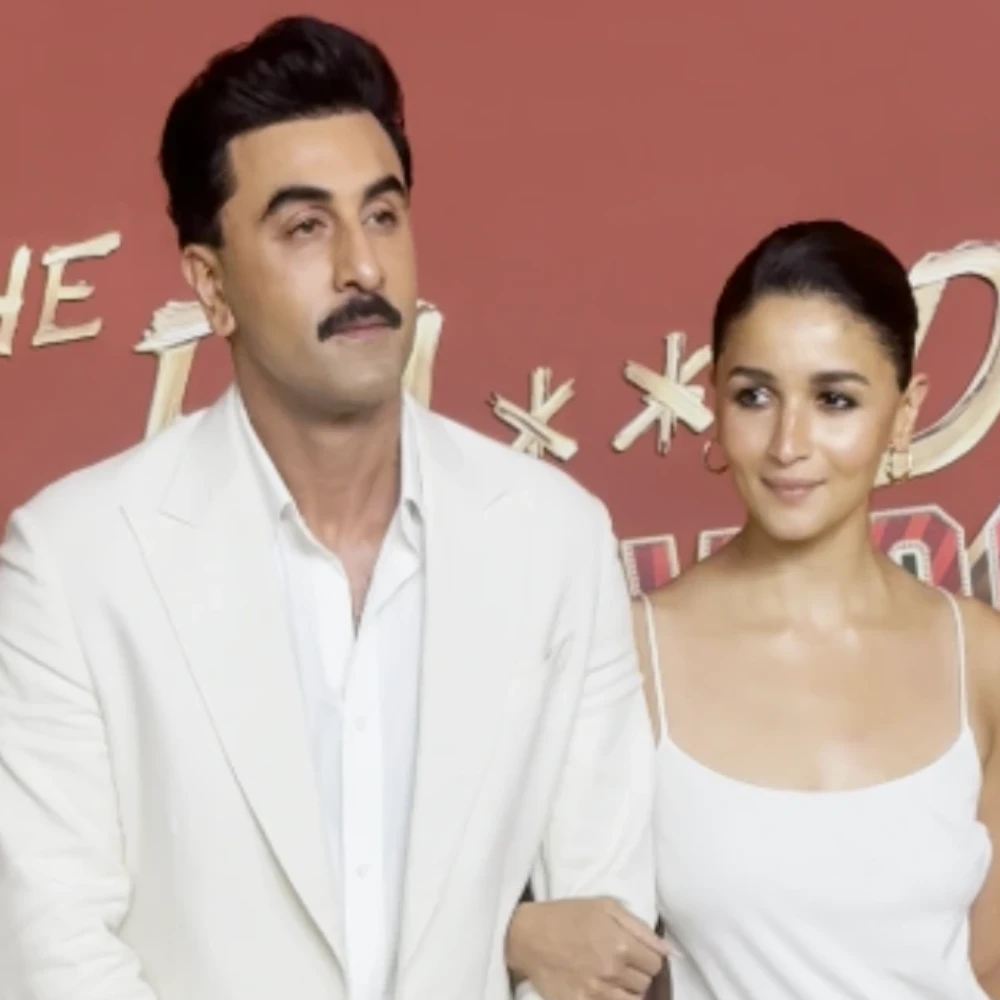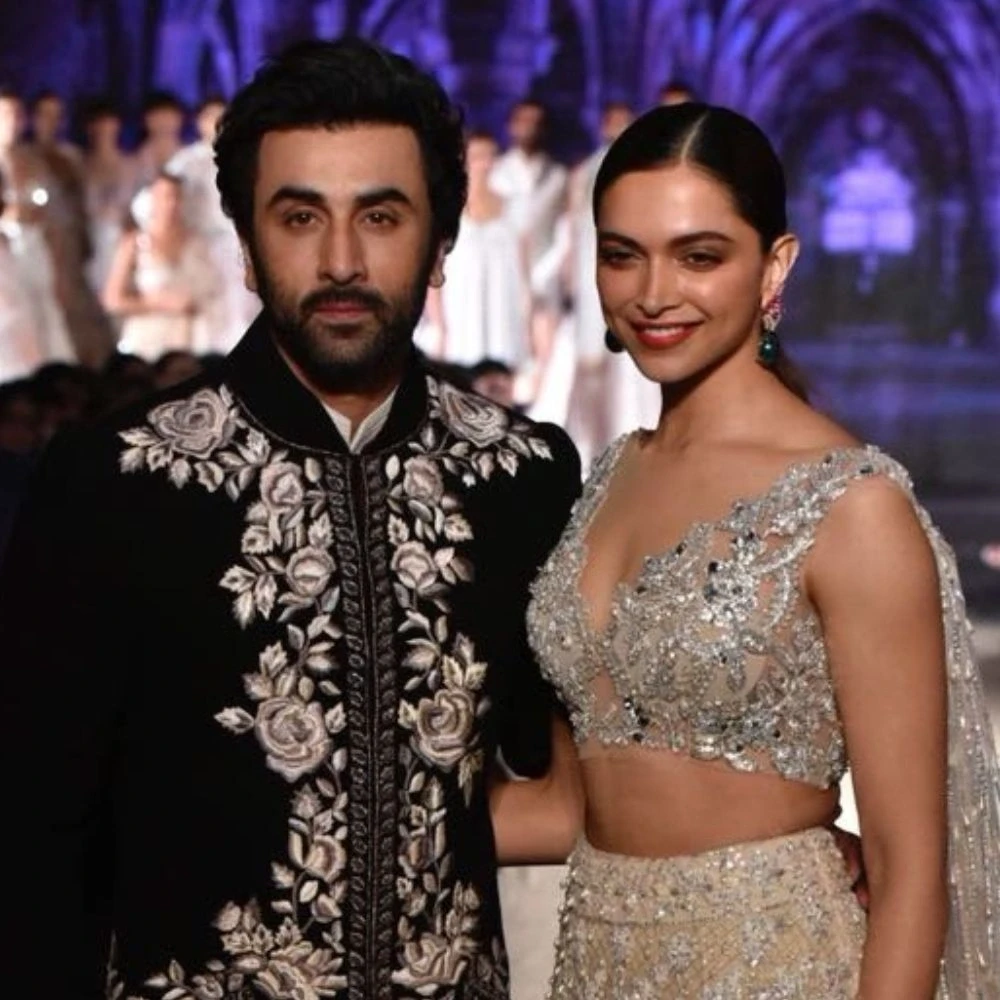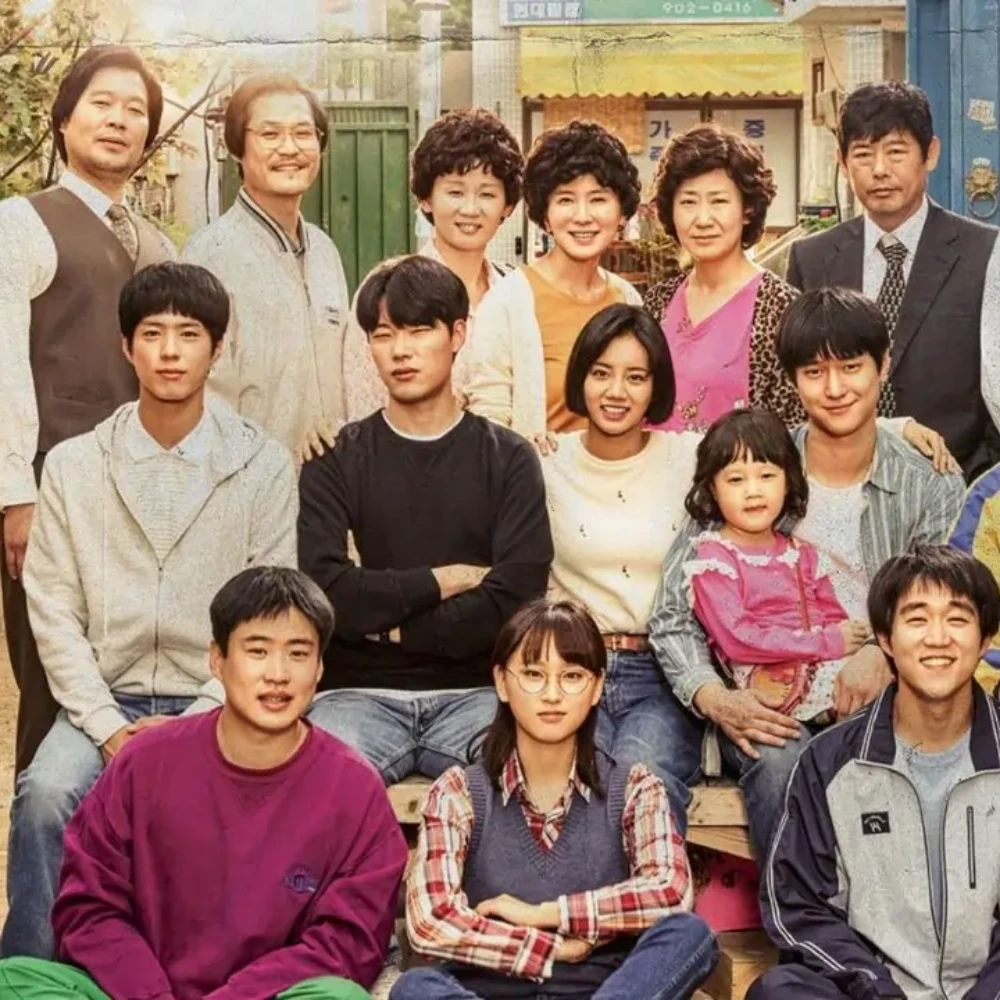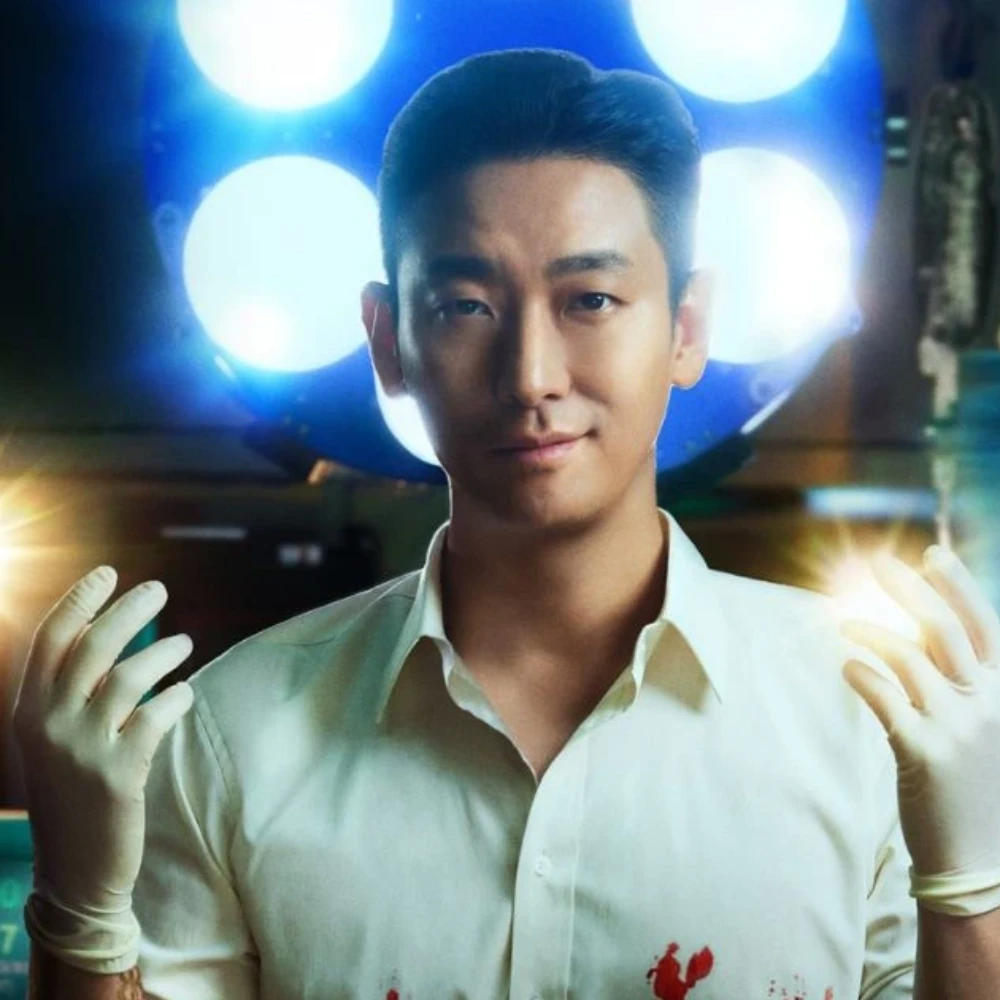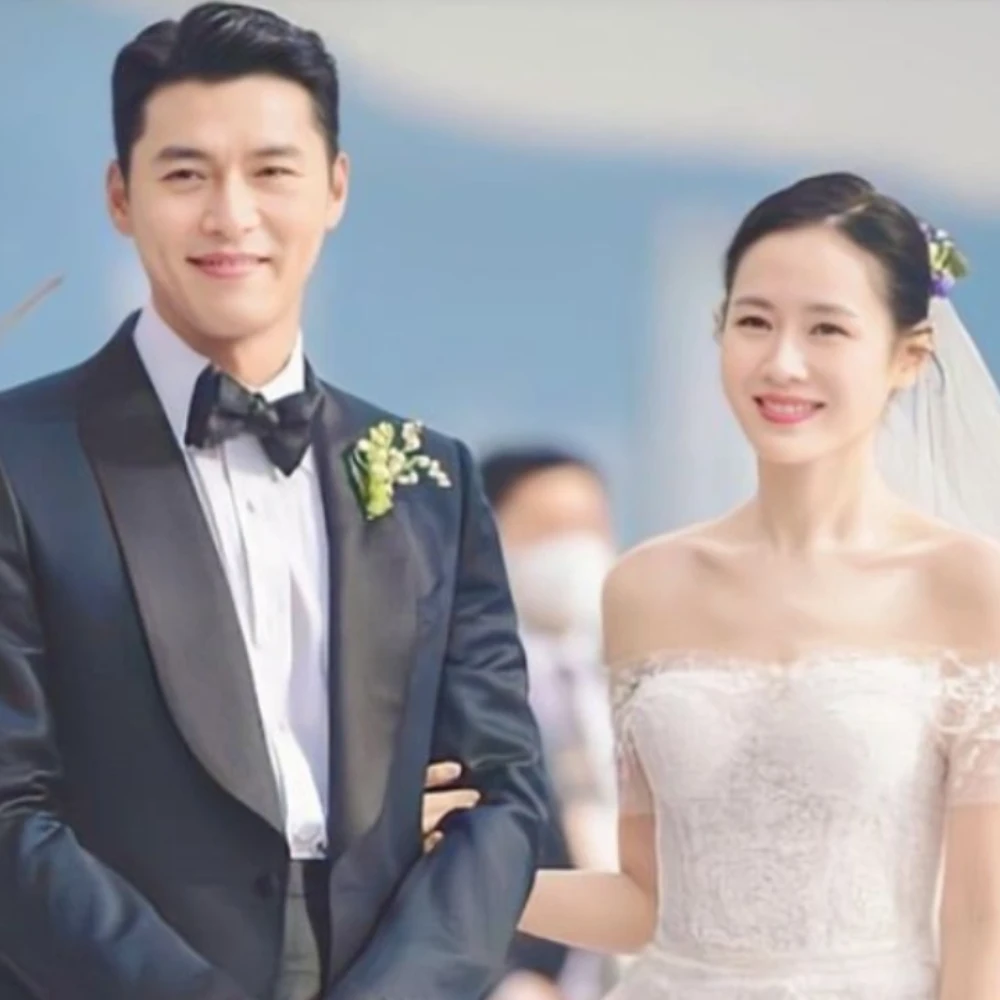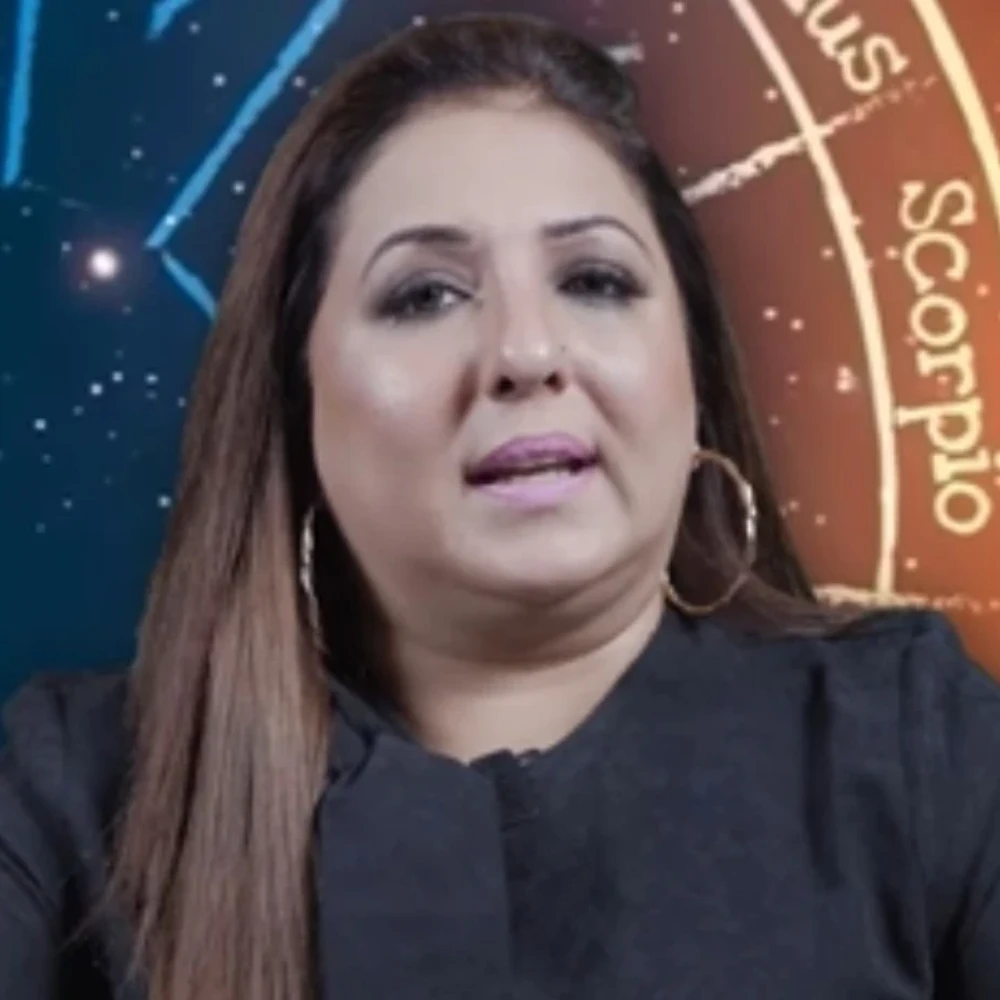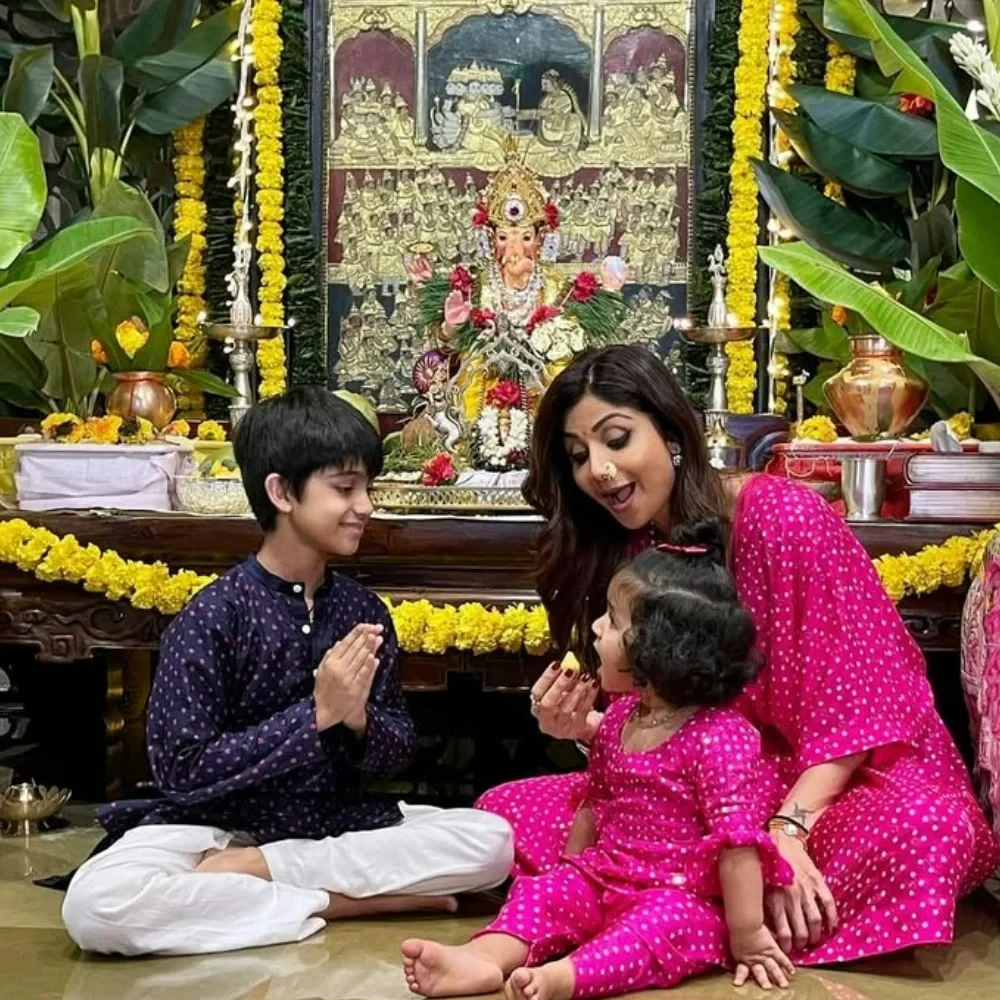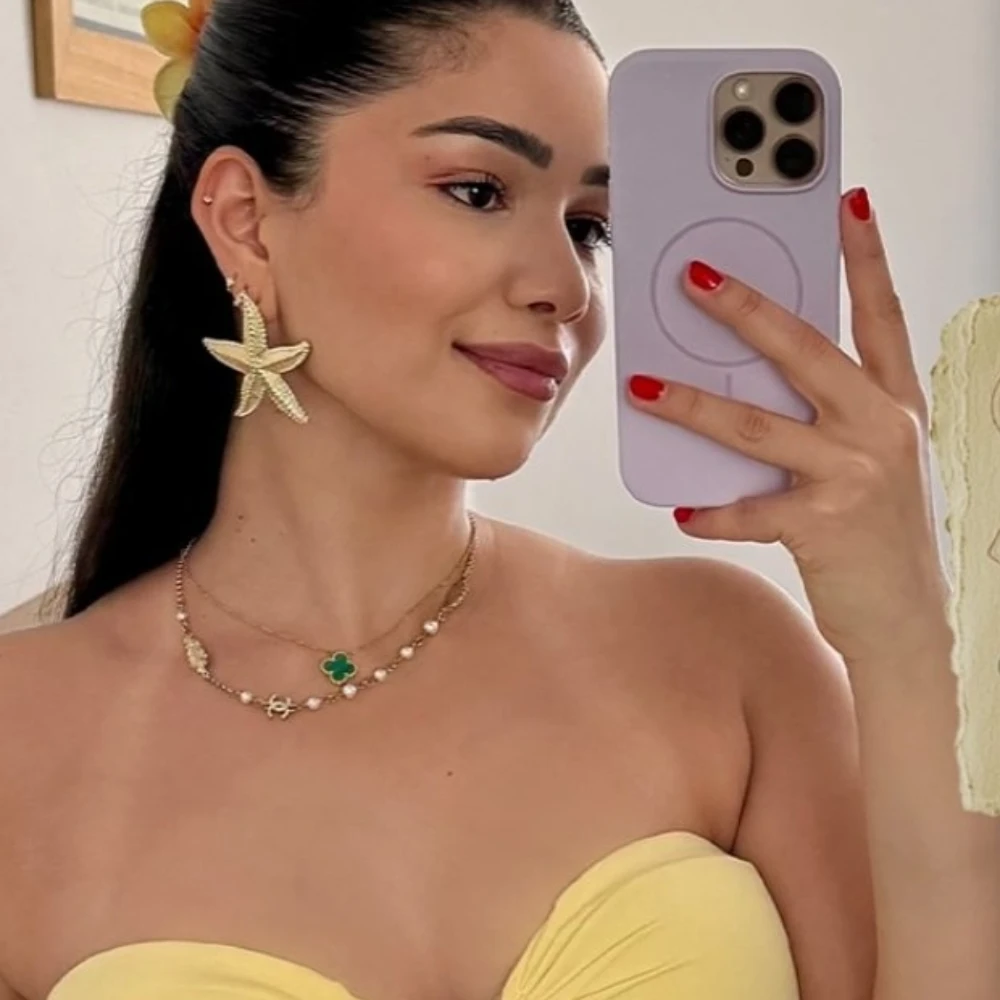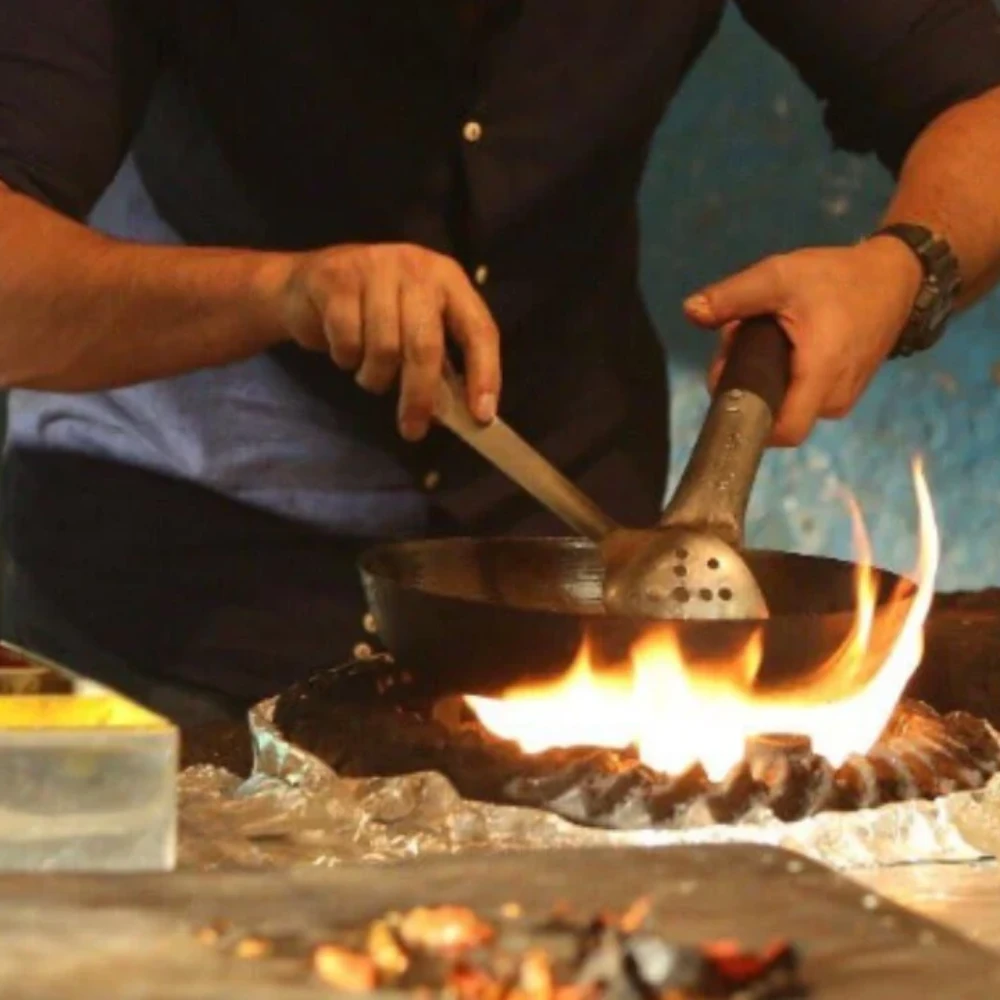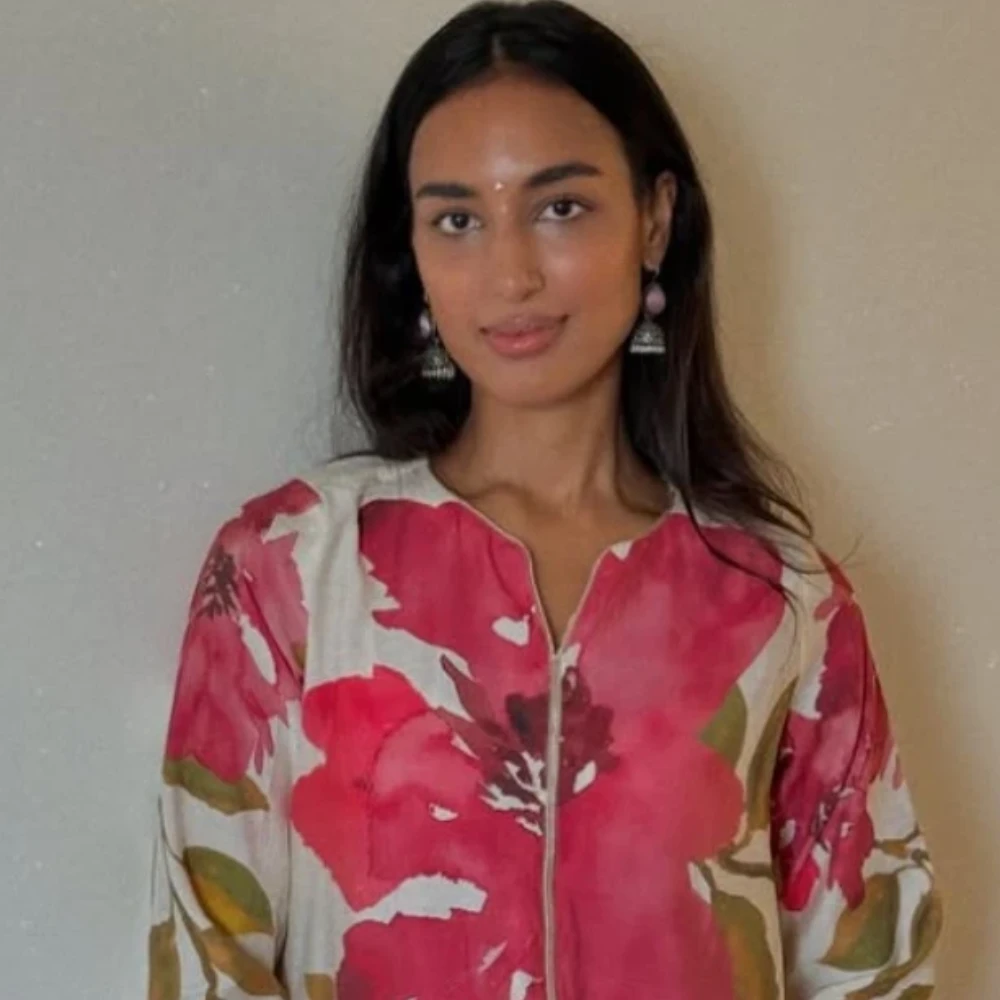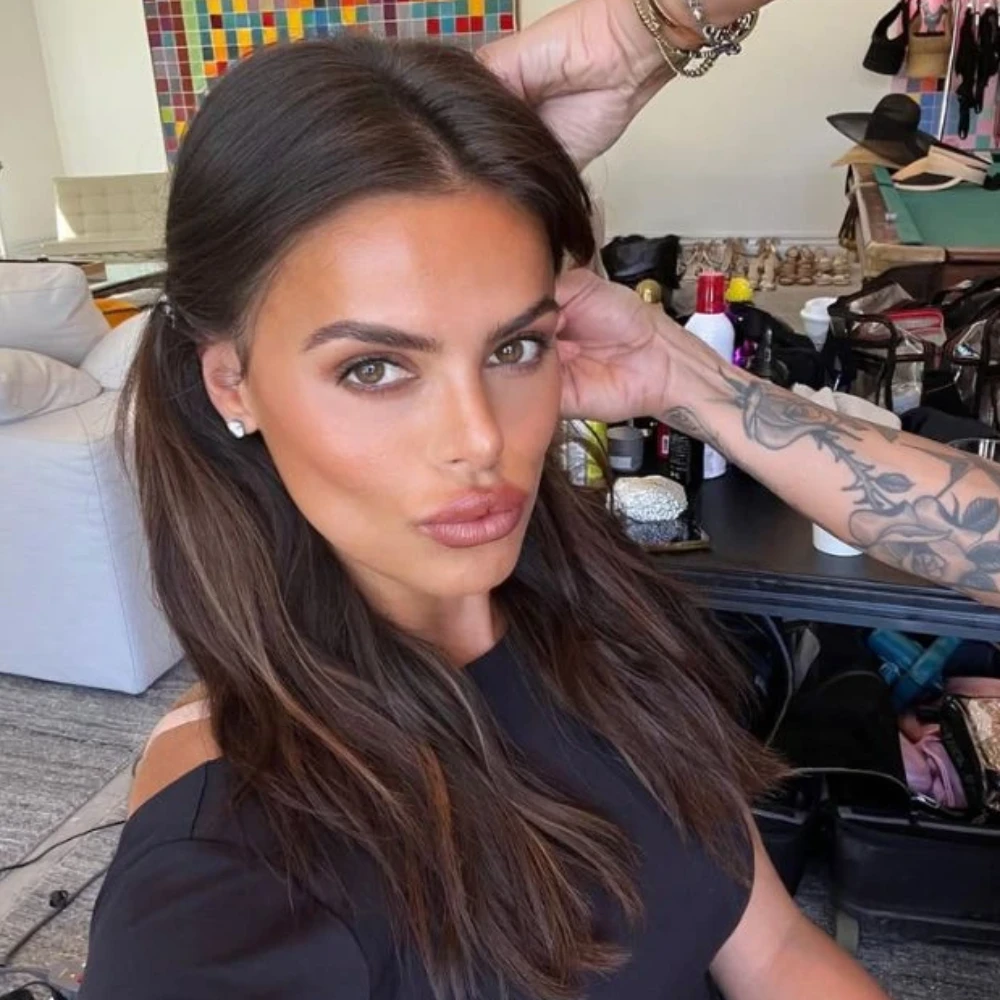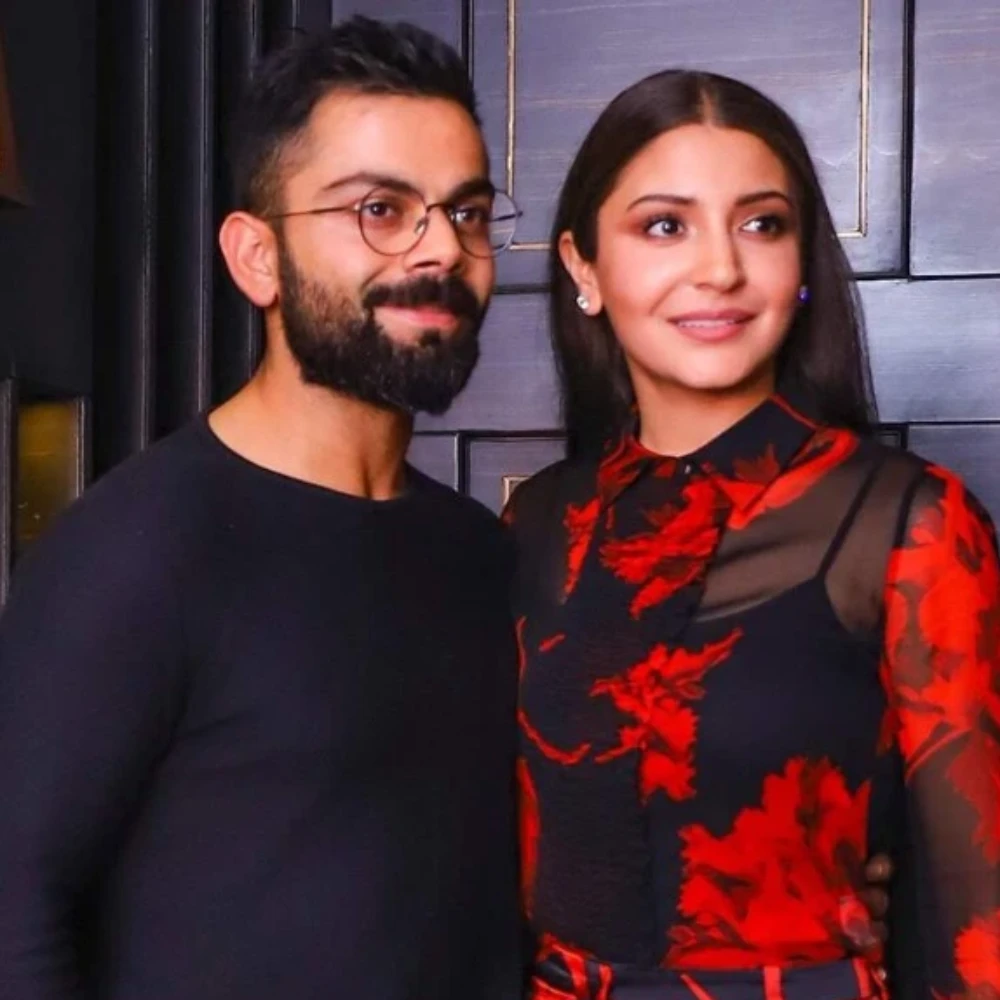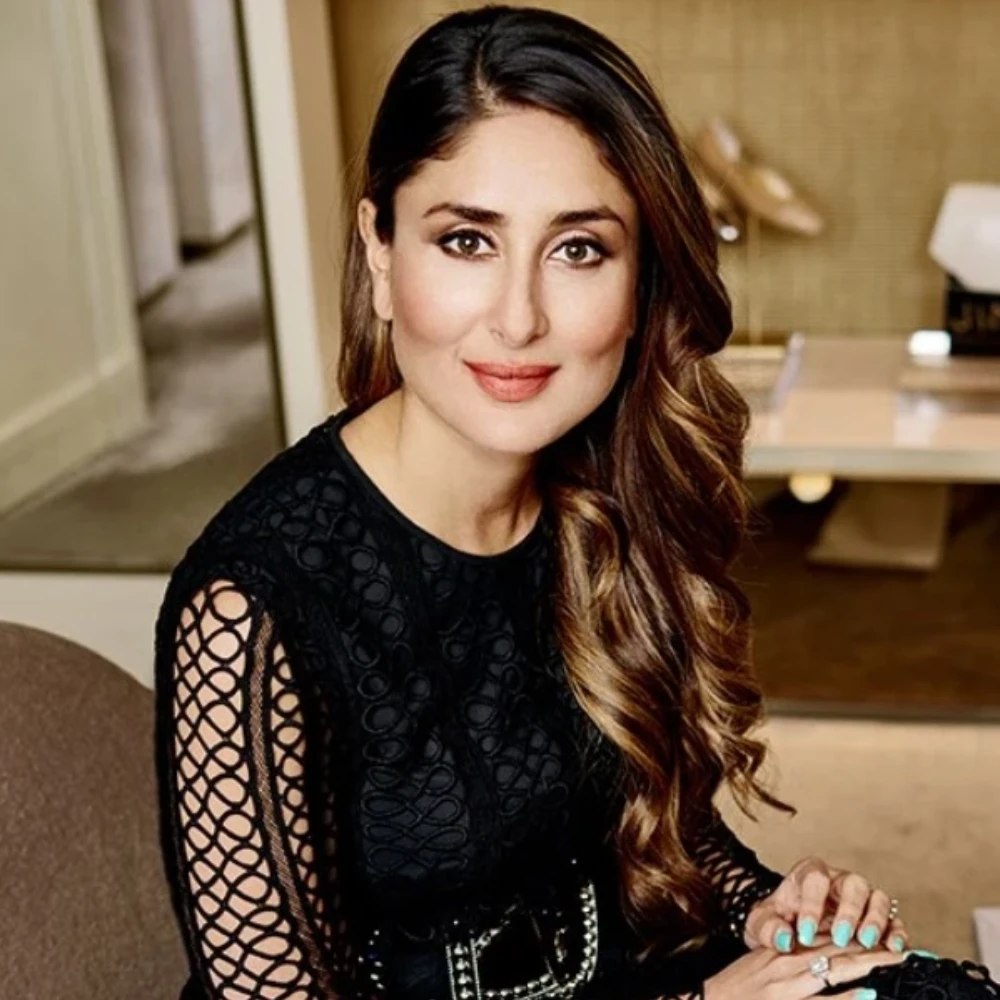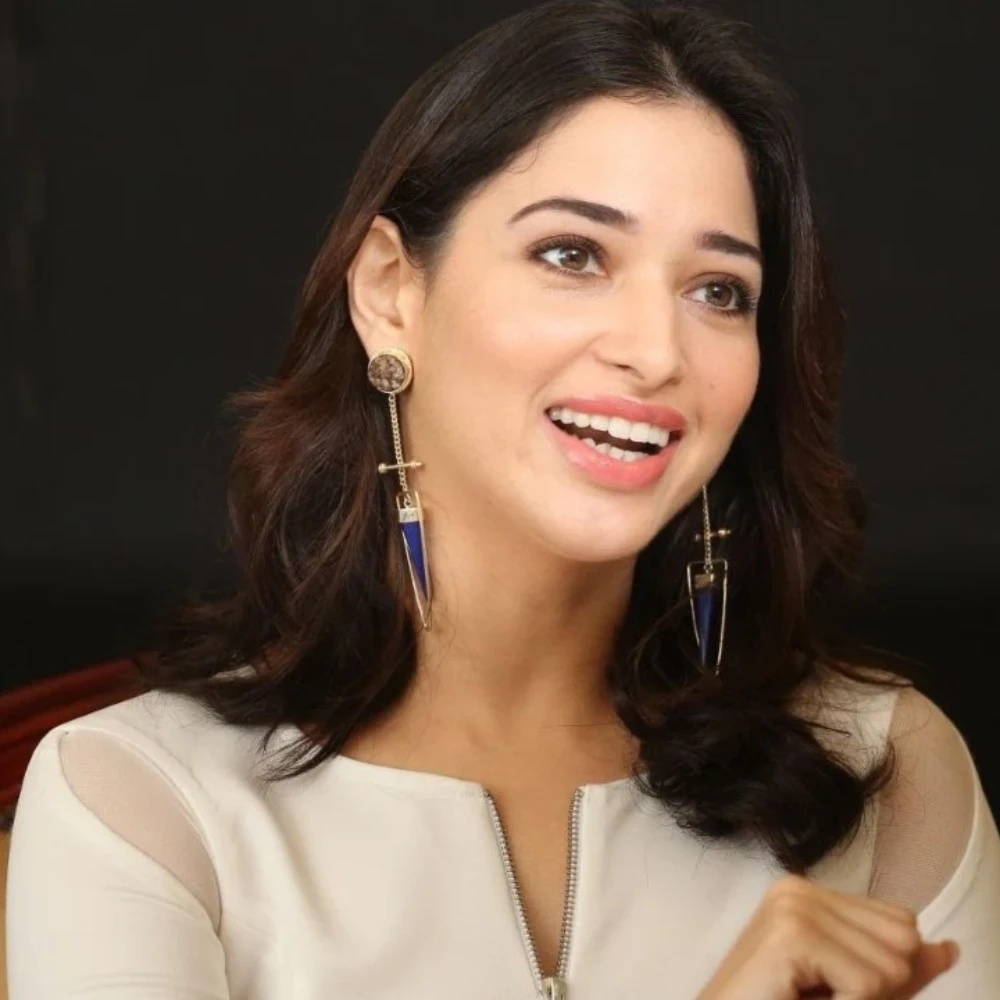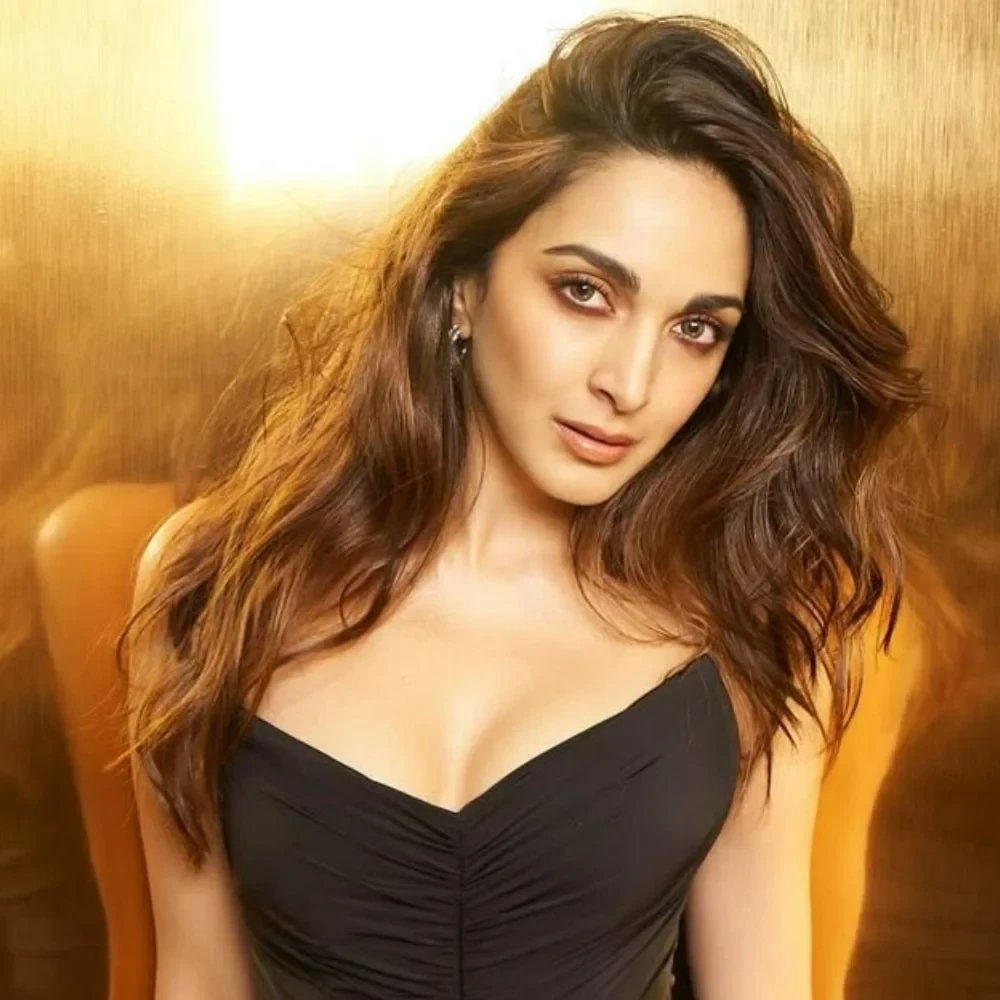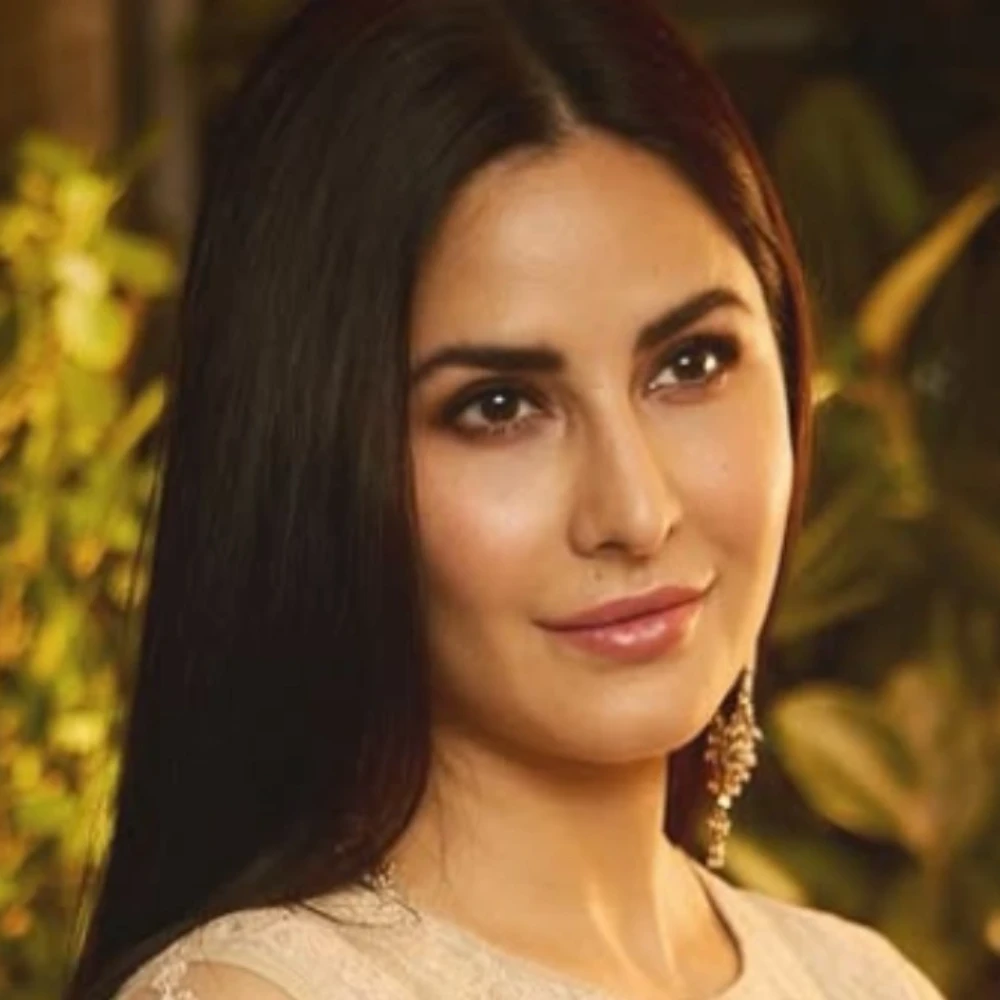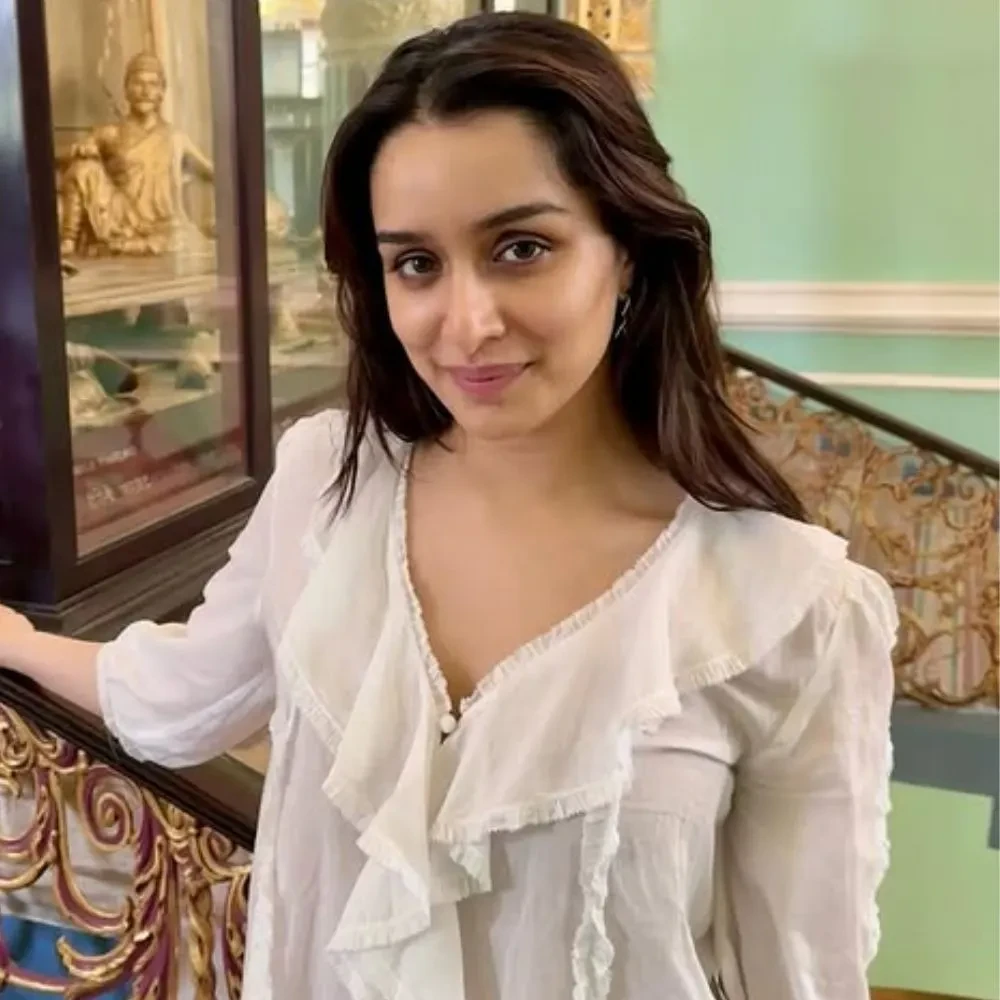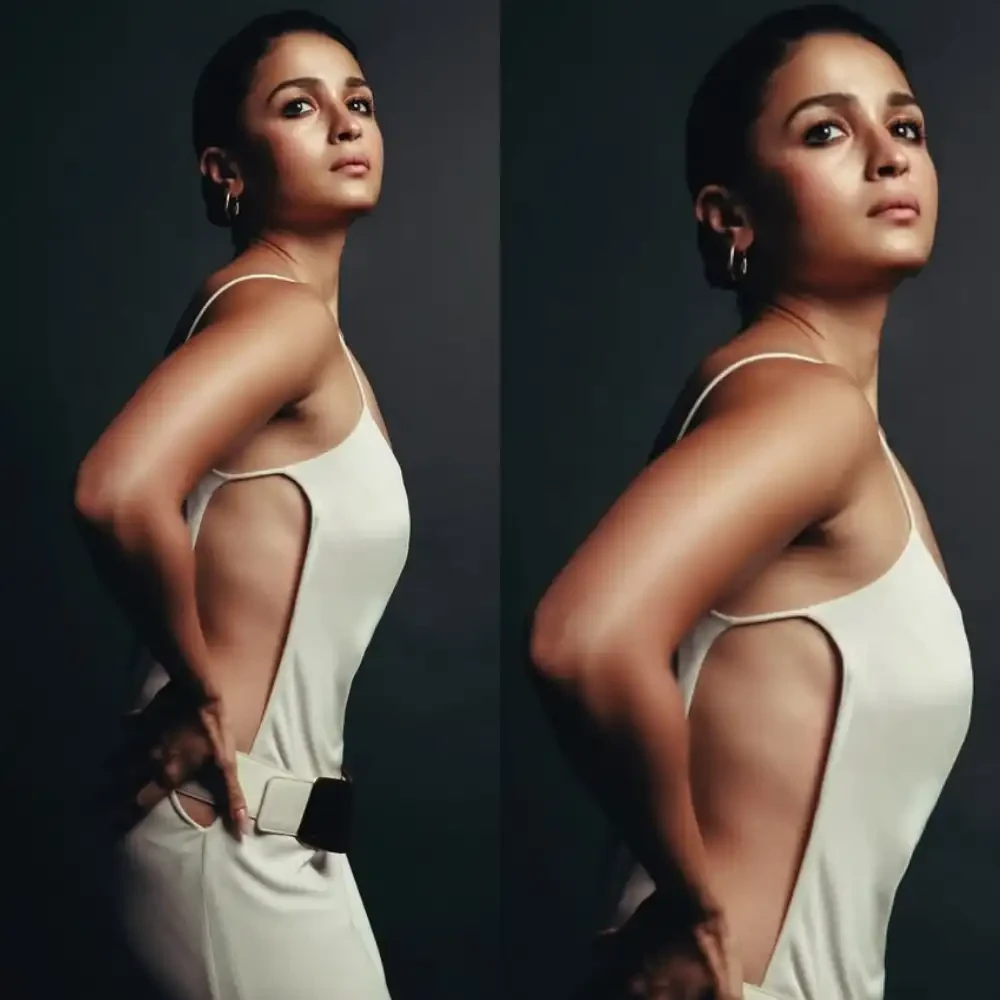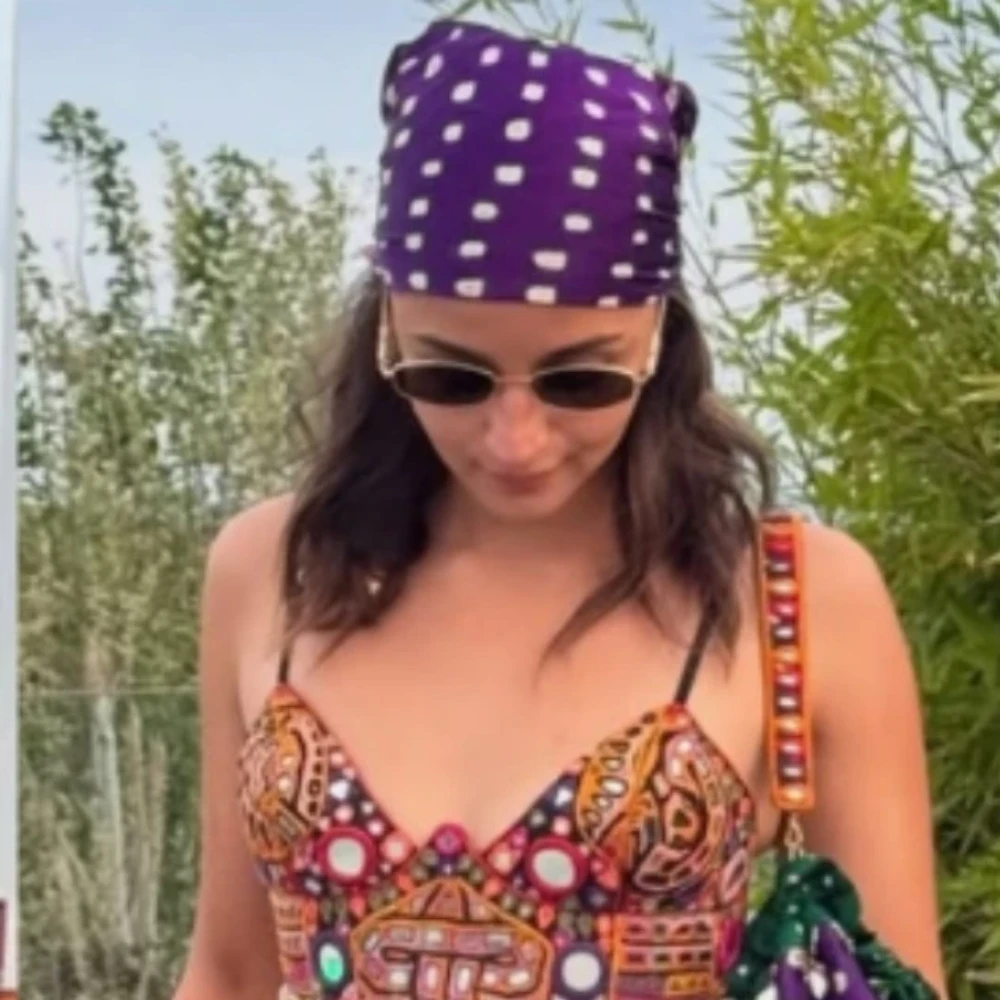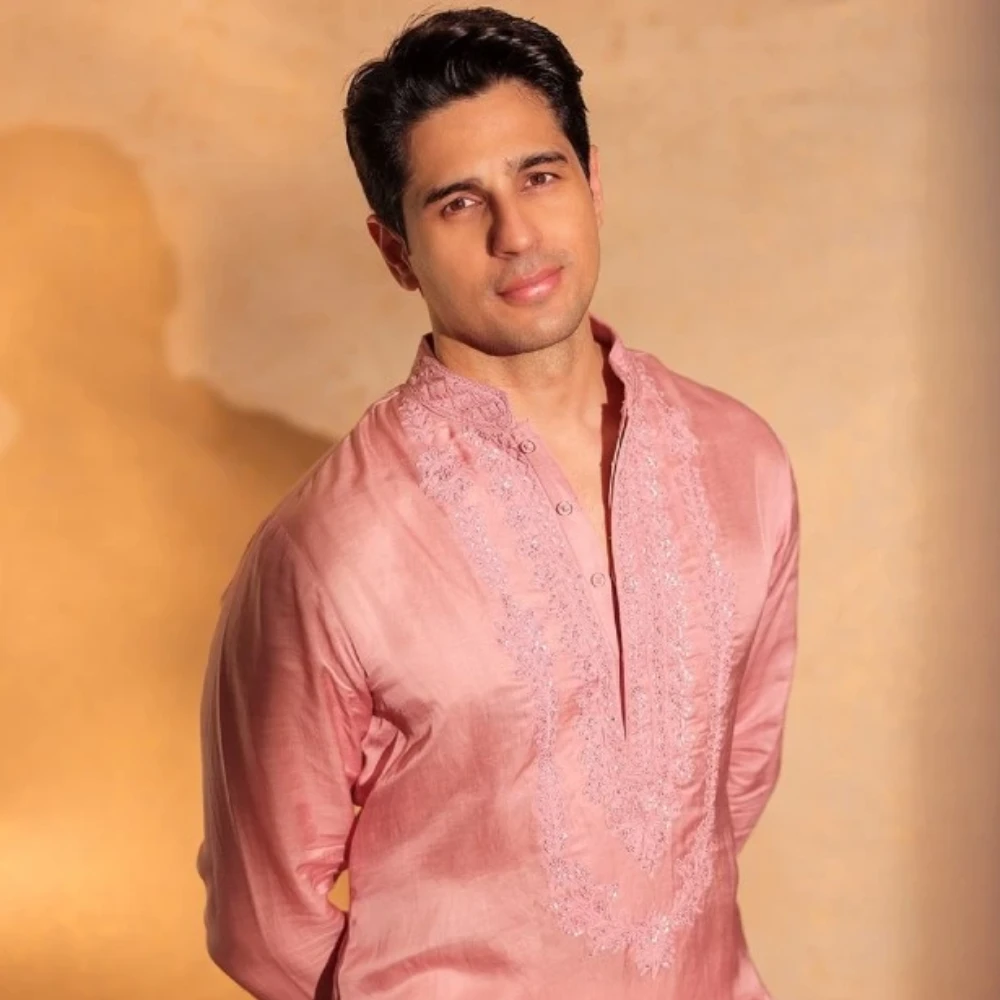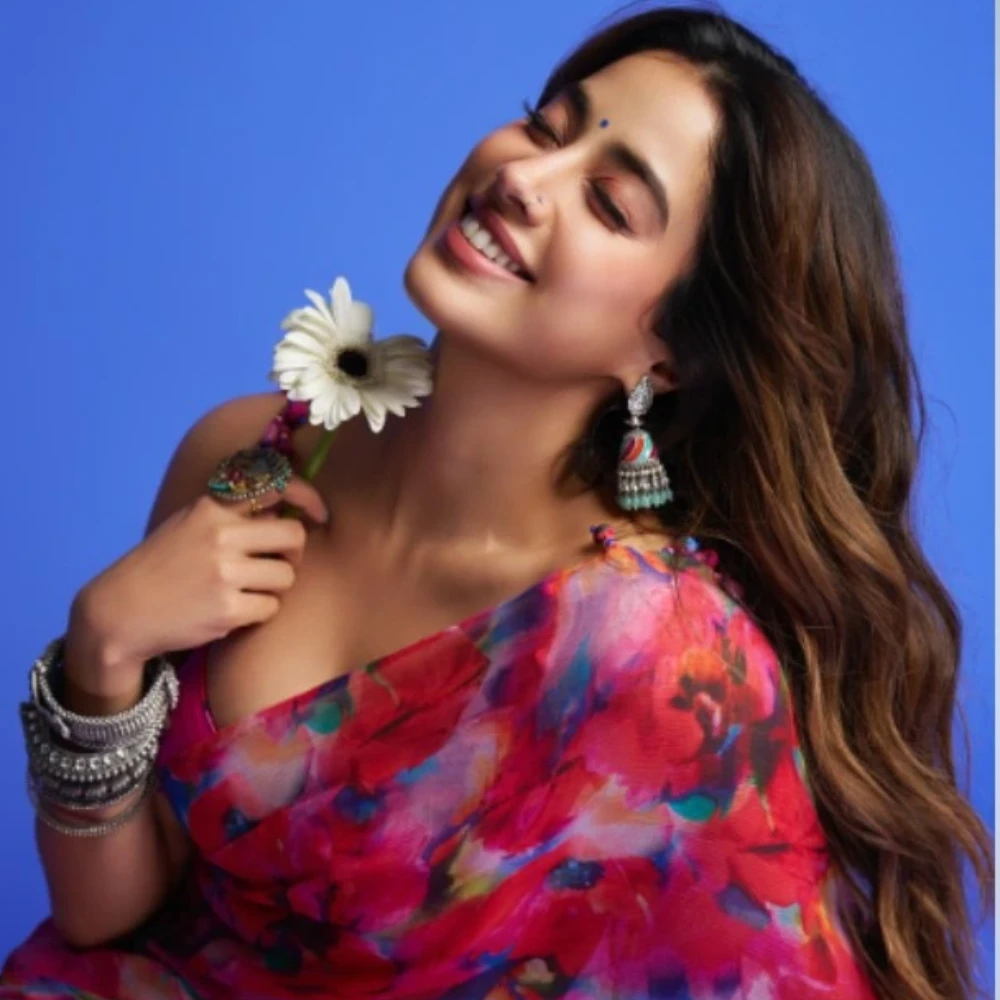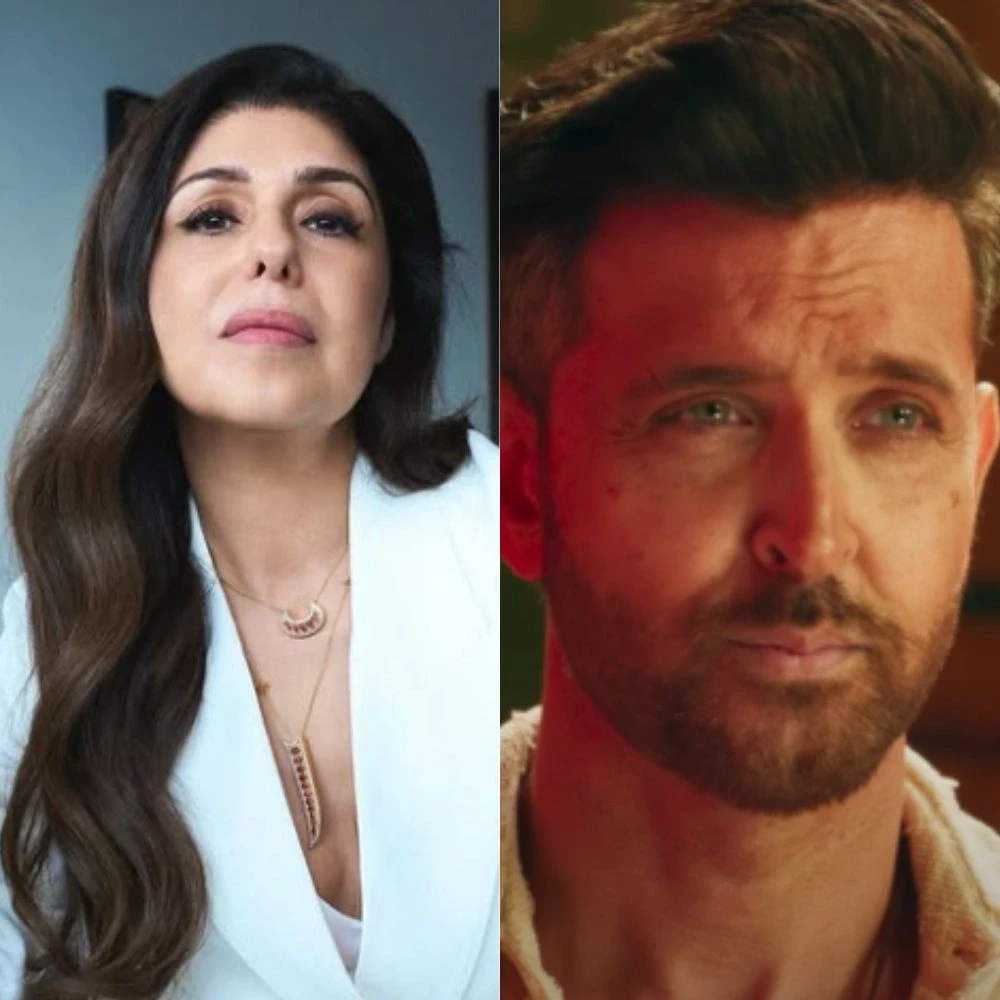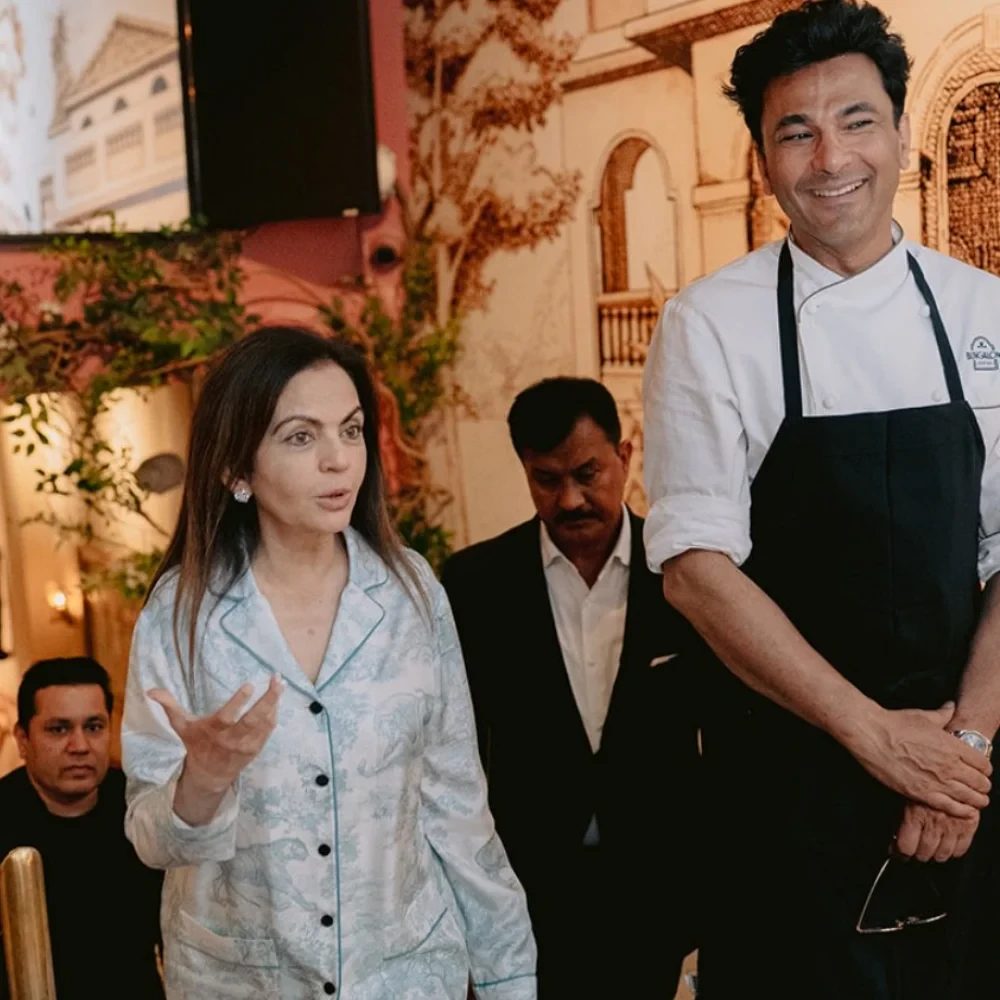35 Questions to Ask Your Wedding Planner for Your Dream Day
With these essential questions to ask your wedding planner, you can ensure your big day goes smoothly. Find questions about schedule, budget, logistics, etc.
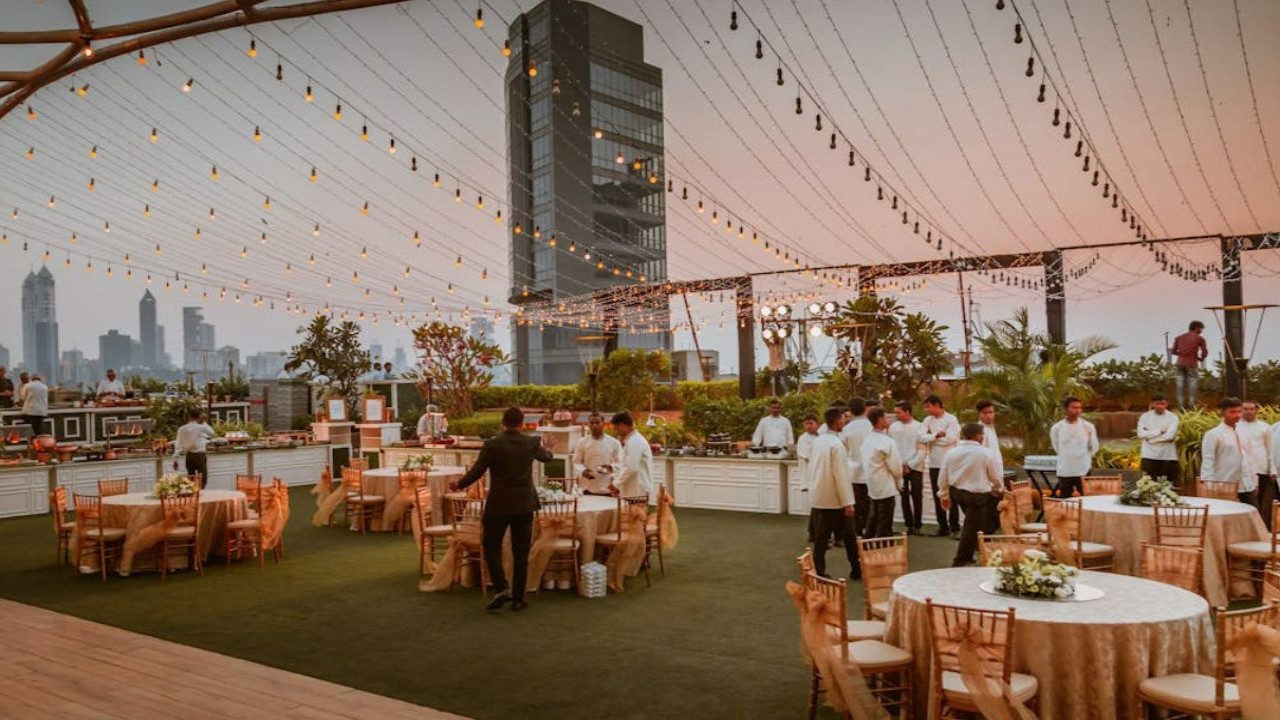
In retrospect, you may have imagined that planning your big day would be as simple as deciding a wedding theme. But as reality strikes, we realize that there are so many things to take care of when planning a wedding — venue, decoration, music, food, guest list, flower arrangements, etc. — that it is best left to the judgment of an experienced wedding planner. That said, you should always be prepared with questions to ask a wedding planner to make sure that you both are on the same page.
Asking the right questions is important to ensure that the planner’s vision for your dream day aligns with your style, wedding budget, and expectations. Moreover, there are different types of questions that need to be asked about their experience and expertise, schedule and process, vendor contracts, availability, problem-solving measures, creative proficiency, etc.
To help you with this, we’ve curated the following guide of essential questions that you need to ask your potential planner.
35 Questions to Ask Your Wedding Planner
1. Will you be available on my wedding date?
The very first question that you should be asking your wedding planner is whether they are available on your wedding date. This determines whether asking any other questions would be necessary or not.
While this seems very obvious, it is a common error for couples to jump right into the in-depth planning of the wedding, discussing their ideas and affordability with the professional, only to learn that it was all in vain as they are not available on the given date. Doing so would not only waste your time but also theirs.
If you are still contemplating your wedding date, you can discuss the preferred timelines with the wedding planner and arrive at a conclusion on the date.
2. What kind of packages do you offer, and what do they include?
Different wedding planners offer vastly varying packages. Some include a basic plan for managing the floor, vendors, timeline, and logistics. Others also manage auxiliary tasks such as RSVP, guest coordination, floor plans, wedding design, decorations, menu tasting and quality check, dress fittings, makeup, etc.
Hence, the wedding planning questions depend on the types of wedding planners such as full-service planners, partial-service planners, month-off coordinators, day-off coordinators, etc. Large-scale wedding planning organizations often have categorized packages, each specifically laying out the services it includes. Hence, give much thought to what kind of package would be useful for your wedding needs before signing a deal.
3. Have you worked on my preferred venue/similar venues before?
Wedding venues influence the planning process immensely. Hence, if you are planning your wedding at an off-beat location, such as a beach, a garden center, a sports stadium, etc. then it is pivotal that your wedding coordinator has worked on a similar location before. After all, only through prior practical experience will they have an idea of how things need to be organized and managed at a venue like that.
Even if you’re settling for a traditional banquet venue, it helps if the planner has at least planned an event or two there, thereby understanding the whereabouts of the location. The better a wedding coordinator understands a venue, the better will they optimize the event layout — where the stage, seating, catering, entryway, etc. should be located.
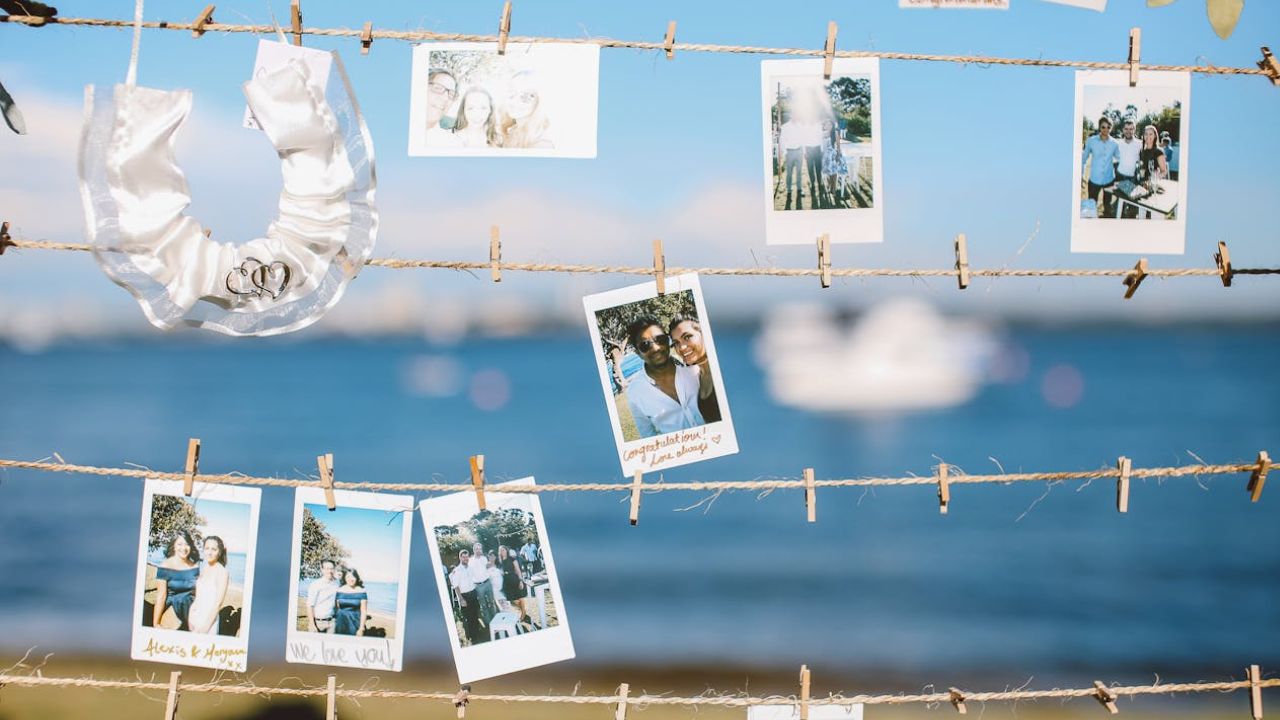
4. What will the wedding planning process be like?
The wedding planning process would determine how your actual wedding day goes. Hence, this is not something you should blindly lay on the shoulders of your potential wedding planner. To avoid this, always ask them to walk you through their planning process.
If this seems too ambiguous, ask them to share their planning tools such as spreadsheets, lists, calendars, etc., and also provide you with some visual aids, like photos, blueprints of the venue, etc. If there’s something off about the way your potential wedding planner is mapping things out or if they are not as organized as you’d like them to be, you can reconsider your contract with them.
5. How would you involve us in the planning process? How often would we schedule our meetings?
Ask the wedding coordinator for organizational tools so that you can keep track of how the work is progressing. This could include budget spreadsheets, lists of contacts, Pinterest boards for aesthetic inspiration, saved photos on Google Drive, task management on Trello, etc.
In addition to this, ask them about how often they’ll schedule meetings to discuss ideas with you or update you about the planning process. Wedding planners who are hesitant to maintain such transparency are often a red flag that you mustn’t overlook.
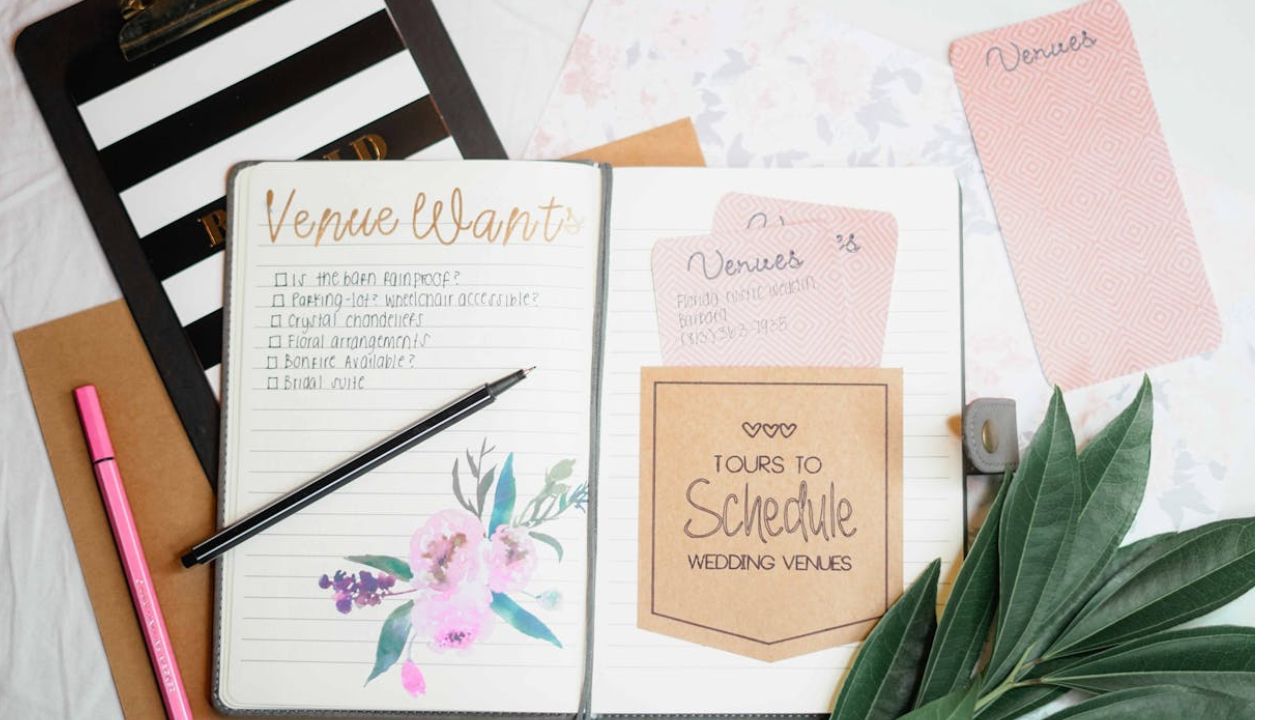
6. What kinds of services do you offer?
Typically, a wedding coordinator offers an array of services such as floor and venue management, catering and food tasting, event design, decoration, budgeting, vendor coordination, etc.
If you are unsure of how to make an optimal budget for your wedding, a wedding planner may assist you with that as an additional service. They can also lay out a blueprint of the venue, offer etiquette advice, and handle invitations for you.
If you don’t have a clear picture of how you want your wedding to look, wedding planners can also help you create a wedding vision too, such as indoor/outdoor wedding, color scheme, decor ideas, vestiaries and dress code, music, etc.
While some professionals specialize in some of these services, others specialize in others. Hence, seek clear information about what kind of services your potential wedding planner provides and proceed according to your requirements.
7. How many and what types of weddings have you planned?
The qualification of a wedding coordinator can be determined by their practical experience. It always helps to know that a wedding coordinator has planned a good number of weddings before yours, in order to trust their expertise.
Moreover, you can categorically ask them about their experience — have they worked on indoor or outdoor weddings? Are weddings their forte or they are just event planners in general? What is the size of weddings that they have typically catered to (traditional, small, micro, etc.) You can also ask the planner about their favorite weddings so far and seek the testimonials of satisfied clients.
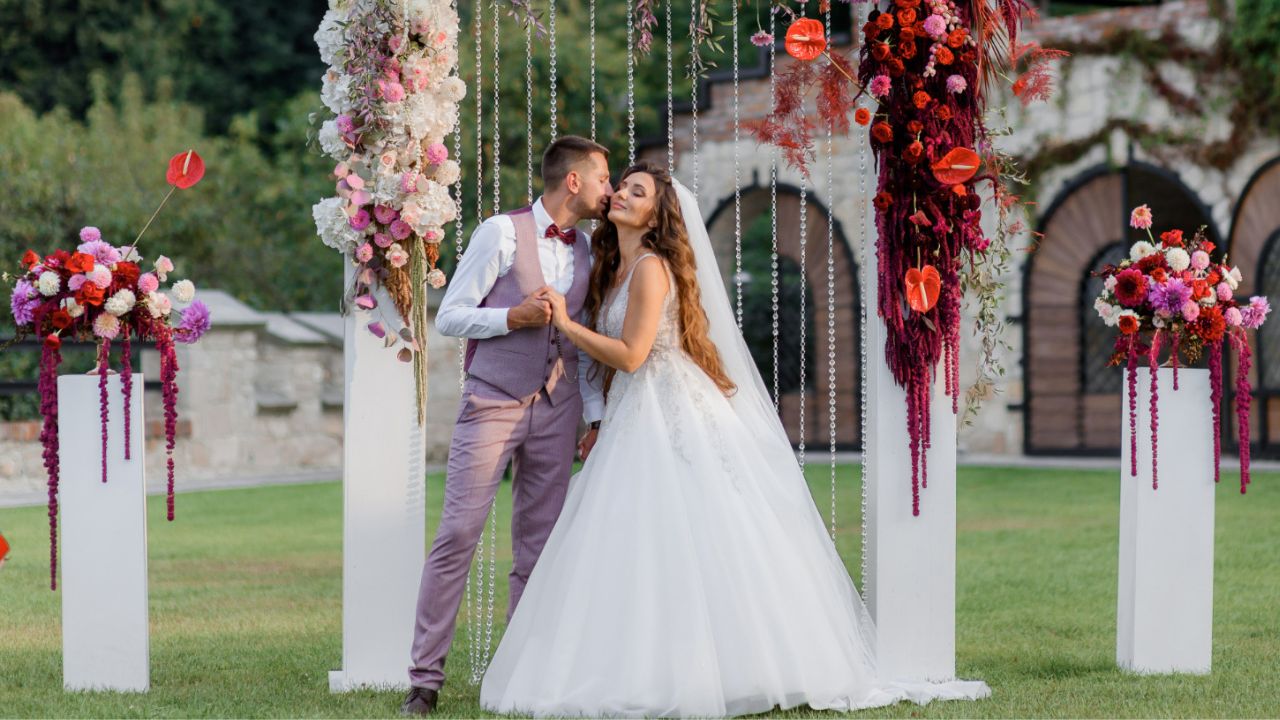
8. Can you work within my wedding budget? If yes, will you help us prioritize the budget for different aspects of the wedding?
Helping clients with their wedding cost is one of the major parts of the job of a professional wedding planner, and most of them provide this service to clients. Hence, if you’re unsure of how much you wish to spend on what part of the wedding, it is always a great idea to consult a professional for your peace of mind. Since they would have a better idea of how much the vendors in mind would charge, they can guide you with the budgeting.
9. How do you select vendors? How would you involve us in the vendor meetings?
In most cases, professional wedding planners have a set of preferred vendors for catering, decoration, music system, stage setup, props, makeup artists, etc. While some work only with their preferred vendors, others may be flexible with your list of vendors (if you have any to suggest). Hence, asking this question is very important if you strongly wish to go ahead with the vendors you have in mind, as any inflexibility here may be a dealbreaker.
10. How many people from your team will be working on my wedding, as per the package I’ve selected?
Chances are that the wedding planner you’re having a chat with is the month-of coordinator or creative director who has their team of day-of coordinators, event designers, venue managers, wedding vendors, and other miscellaneous staff.
While some people on the team would be working from the backend or before the big day, others would be present at the wedding venue on the given date, carrying out their respective tasks. Ask the professional about how many people from their team would be dedicated to working on your wedding, and what would their respective roles be, to get an idea of how the wedding plan would be executed.
Read More: 150+ Wedding Shoe Game Questions to Evoke Laughter on Your Big Day
11. Are there any wedding ideas you don’t wish to carry out?
Some wedding planners are averse to outdoor locations, whereas others don’t have the resources to manage a very large guest list. Every planner has their strengths and a list of things they are not open to. So, once you share your wedding vision with the prospective planner, ask them specifically if there’s anything they don’t wish to execute.
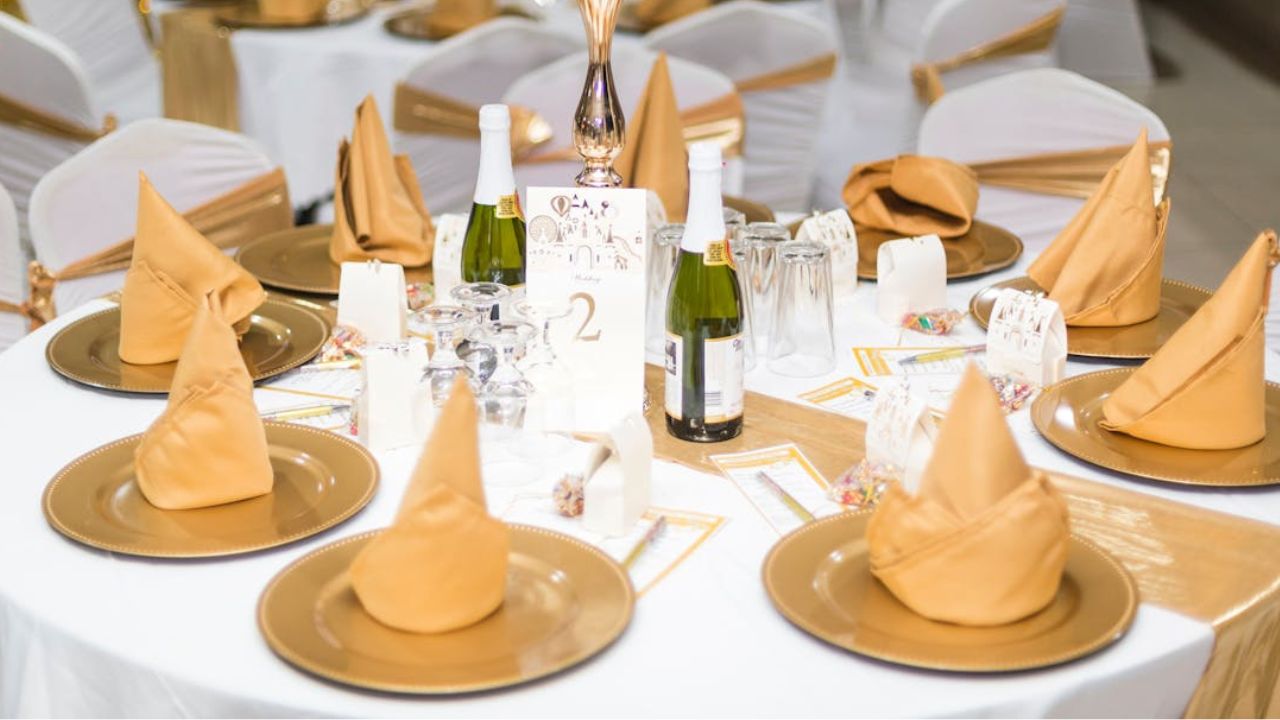
12. How many people from your team will be present at the wedding?
Always get an idea about how many people from the team of the wedding coordinator and staff of the vendors would be present at the wedding. This would give you the reassurance that the event functions smoothly and a head count of the people involved in the event to prevent gatecrashers. Moreover, this way you will know whom to reach out to in case of any doubts and whom to hold accountable for any mishaps.
13. Would you give us a schedule/set of instructions that tells everyone involved in the wedding (staff, family members, guests, etc.) what needs to be done and when?
Ensure the wedding planner shares with you a dedicated timeline for all events in the wedding ceremony, such as the officiating rituals, father-daughter dance, dinner, reception, etc.
14. How do you make sure your staff sticks to the schedule and executes everything efficiently?
Sometimes, it is easy to plan events and come up with ideas, but equally difficult to execute them. Issues often arise when the staff isn’t qualified or compliant with the given instructions. Wedding planners, too, can play a big role in this by cutting down costs in contracts with vendors, which often results in a less-than-satisfying service.
In other cases, poor management or negligence at the end of the day coordinator can cause problems. Even when everything is going well, unprecedented issues like weather conditions, traffic, power cuts, accidents, health issues, etc. can hinder the efficient execution of the wedding plan. Hence, it is very important to ask your prospective wedding planner about how they navigate such situations.

15. Do you do destination weddings (if this is something you’re looking at)?
Destination weddings are often more difficult to plan due to geographical and logistical reasons. This is why some wedding planners are averse to taking up destination wedding projects. Hence, before making a deal, ask your potential planner whether they plan destination weddings, and if yes, what additional services and costs would come with it.
16. What does the vendor booking process look like?
If your planner is filtering out the best vendor for you, it helps if you can be a part of the decision-making process, too. Moreover, it is pivotal that there’s complete transparency when it comes to contracts with vendors. This way, you’ll be informed about where exactly your money is getting spent.
17. How can I contribute to ensure our working relationship runs smoothly?
Wedding planning is a long process, which requires a lot of trust, understanding, and teamwork. Hence, having an excellent working relationship with your wedding planner is a non-negotiable. This would ensure that you are on the same page through the planning process and your planner understands your requirements well and knows what would make you happy.
To build a great relationship with your planner, it is a good idea to ask them how you can contribute. Some planners may not like micromanaging whereas others would be averse to you having unclear, contrasting ideas about the wedding. However, when you ask them this question, they can communicate the needful with you and move this problem out of the way.

18. Do you offer planning services for any auxiliary events?
It seldom happens that wedding planning only involves a wedding. In most cases, it comes with other auxiliary events such as cocktail parties, engagement parties, rehearsal dinners, religious ceremonies, etc. Once you know what auxiliary events you’re looking at, you can ask the planner whether they can offer services for those as well. In most cases, the answer is yes.
19. What sets you apart from your competitors and differentiates your company?
If you meet with different wedding planners, you’ll come to understand that their services, packages, and promises look very similar. In such situations, it can get overwhelming to settle on a single event planner.
To navigate this, experts suggest asking the potential wedding planner about what sets them apart from the competition. More likely than not, the professional would gladly answer this question, offering insightful details about their proficiency. This would ease your decision-making.
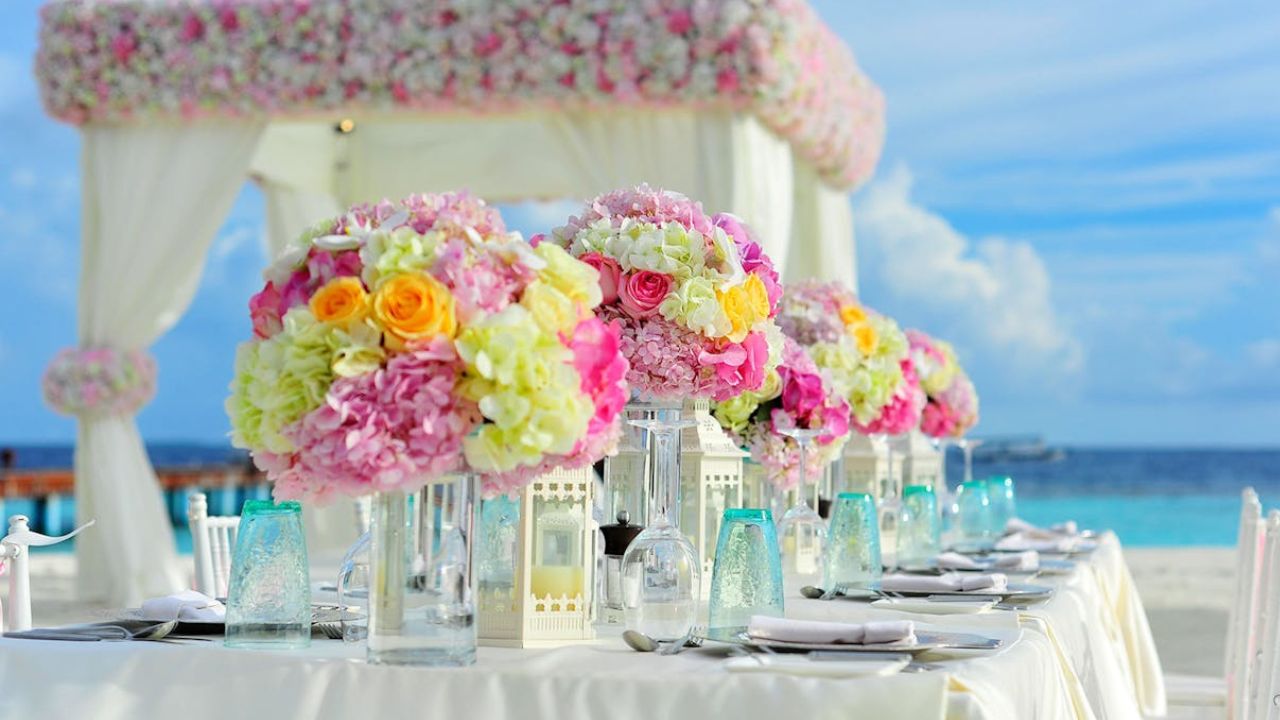
20. Will you be working on other weddings or events alongside ours? How would you juggle the two projects, ensuring everything goes smoothly?
This question should likely be asked to the month-of coordinator as it seems nearly impossible for the day-of coordinator to be working on two different weddings on the same day. If your wedding coordinator has taken up other wedding projects alongside you, ensure you ask them how they’ll be juggling both projects simultaneously.
Read More: 42 Wedding Bible Verses for a Blessed Union: The Power of Love
21. Do you have insurance for any personal liabilities or professional indemnity for your wedding services?
It’s crucial to ensure that your vendors have taken all necessary precautions to safeguard you in the event of any issues. Be sure to inquire about their insurance coverage and what situations it includes. For instance, if their equipment accidentally causes damage to the venue while setting up the dance floor, their insurance should cover those repairs.
22. What do you need from us to book your services?
Some prerequisites for securing their services may include a deposit, a signed contract, date, venue, number of guests, and some paperwork in addition to knowing your vision for the wedding. Ensure you clarify those before signing a deal.
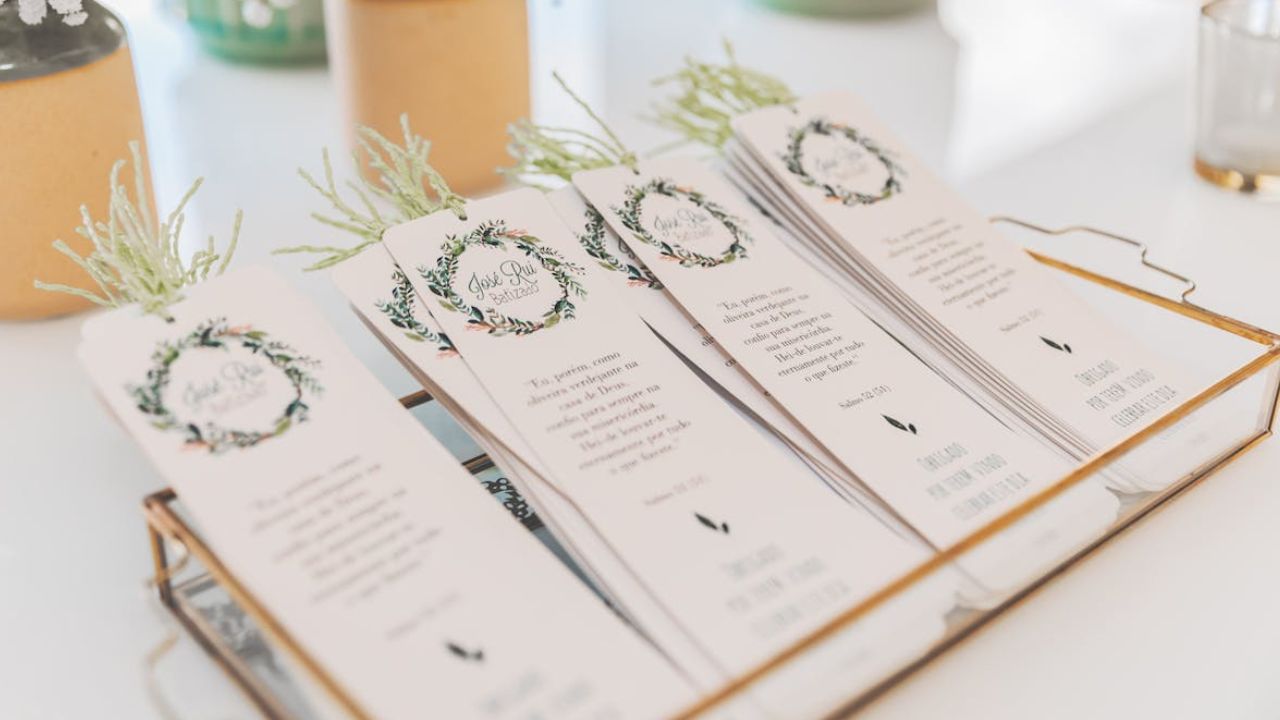
23. Will you assist us in communicating our vision and preferences to the vendors, musicians, decorators, etc. effectively?
Communication is an art. It’s important to have someone who can convey your ideas and desires to all the vendors involved in your wedding if you’re unable to do so properly. After all, misunderstanding can lead to many problems during your nuptials.
Moreover, it would help you immensely if your wedding coordinator stepped in when you were too busy to explain things to your vendors. This would ensure that everyone is on the same page and your dream wedding comes to life.
24. What’s your preferred way to communicate with us during the planning process?
Understanding how your wedding coordinator likes to communicate can streamline the planning process. Discuss whether you both prefer emails, phone calls, in-person meetings, etc. Get an idea of how long it will take for them to get back to you on a particular query.
25. Would you also manage the wedding invitations, guest list coordination, and RSVPs?
Some planners don’t assist with these aspects of a wedding. Hence, it is always safe to ask if your potential planner does.
Handling invitations and managing the guest list can be time-consuming if you’re planning a large wedding with over 200-300 guests. So, having someone who can take care of these wedding details can help reduce your load.
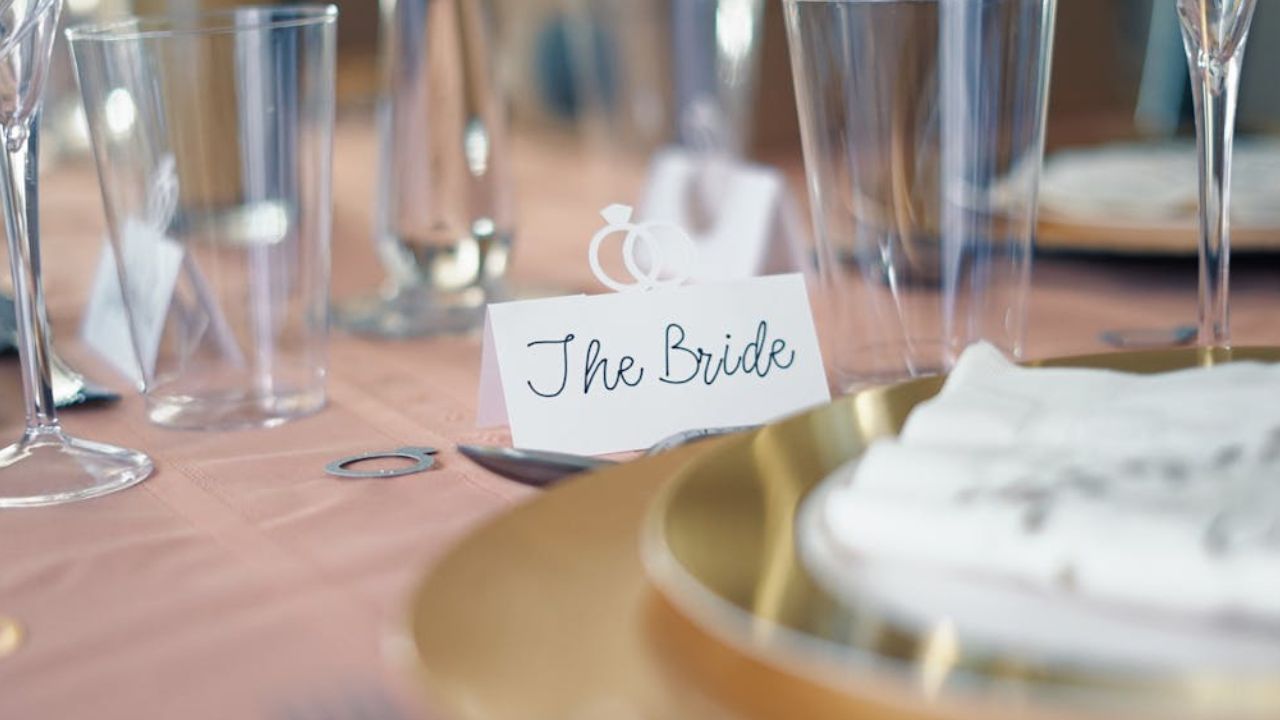
26. Share the structure of your team and tell me about how your business operates.
Understanding how this organization/team of wedding planners works can help you determine if the show runs smoothly. It would be helpful to know who will be working on your event and how they collaborate to deliver the services you need.
27. Could you provide some examples of what kind of problems have arisen in the past and how you resolved them?
This question is not only important to know how your wedding planner navigates problems but also to be able to visualize what working with them looks like. It is a great idea to keep asking your planner for anecdotes, negative or positive, to help build trust and prepare you for situations ahead.
28. What happens if you or your subordinates fall sick on the wedding day or face other problems that hinder your presence?
This is a basic question to ask your wedding planner to ensure that everything goes smoothly even if something unprecedented happens on your wedding day. Perhaps, certain decoration items are not available, or the cake arrives late, or the coordinator/staff falls sick. For such cases, the planner should always have a backup plan to keep the wedding ceremony unaffected.
29. Could you share the average wedding budget for the couples you serve?
By gauging the budget that the clients of this wedding planner usually have, you can get an idea of his management scope. After all, big-budget weddings require more resources, manpower, and management than a small or micro wedding. If the planner’s experience and proficiency don’t align with the size of your wedding, you can step back and contemplate your other options.

30. Will there be additional expenses on top of your base fee for the package that we’ve selected?
Asking this question is an important step in maintaining transparency with the planner. For big events like weddings, additional expenses and last-minute package enhancements are sometimes inevitable. For instance, if a centerpiece gets damaged at the wedding, it would be crucial to ask the planner to produce a replacement, which would likely come with extra costs. It is a good idea to discuss these things in the initial planning process only to prevent unprecedented costs.
31. Do you have any backup plans in case any vendor cancels on the wedding day?
While vendors like caterers, venue managers, wedding bands, and decorators would have signed a contract way in advance to cancel at the last moment, issues may arise with the cake vendors, florists, DJs, etc. To navigate such crises, the wedding planner should have backup plans such as contacts of individual vendors, knowledge of local stores nearby, manpower, logistics, etc.
32. Are you willing to coordinate the delivery, arrival, and setup with the photographer, the florist, caterers, musicians, venue manager, etc.?
Ask this question to understand the scope of how much would the wedding planner assist you in coordinating the whereabouts of the wedding ceremony. While this is closely related to the package you select, it is important to get specific about what things the professional would assist you with.
Read More: 31 Fun Wedding Anniversary Ideas to Celebrate the Milestone
33. How do you stay calm under pressure when dealing with unprecedented problems?
Other than just the tangible whereabouts of the planning, it is also valuable to know how your vendor handles stress when managing crises. Their ability to stay calm can significantly impact the overall experience on your wedding day. This question is important to understand their problem-solving approach, which would reassure you in case any issue arises
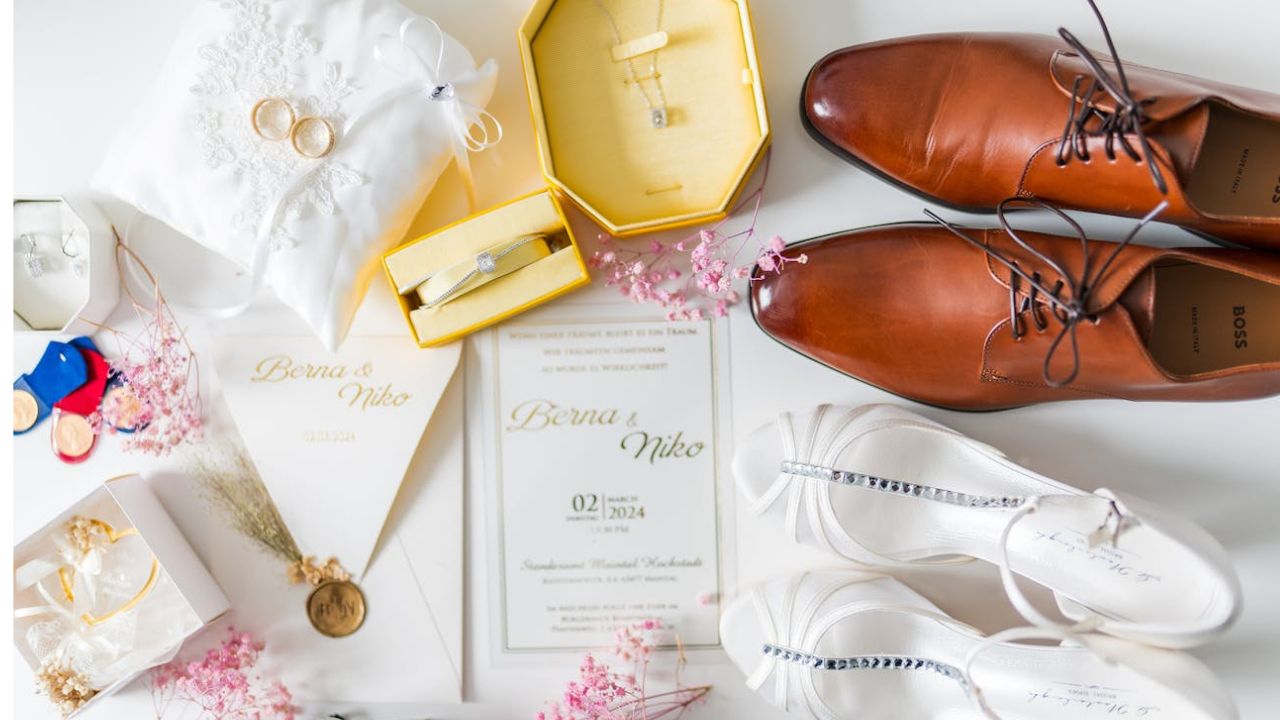
34. Can we see the portfolio comprising the details of the recent weddings you’ve planned?
Seeing examples of their work can provide insight into their style and the quality of their services. This could be in the form of their social media page, photo and video gallery, presentation slides, and testimonials from previous likes.
35. Do you have any ideas to pull off our wedding vision?
After you share your preferences with the color scheme, wedding theme, number of rituals, guest list, food menu, aesthetic choice, personal touches, etc., you can ask your planner to share how they can bring your wedding vision to life.
With these questions to ask your wedding planner, you’ll not only find what fits within your wedding budget but can also navigate the complexities of the actual wedding day better. After all, clear communication is essential in any kind of collaboration, and asking the right questions would help the planner work with you better. The perfect wedding planner would work according to your needs and ideas, instead of hindering it. We hope these questions help. Happy nuptials, lovelies!





 JOIN OUR WHATSAPP CHANNEL
JOIN OUR WHATSAPP CHANNEL